Table of Contents[Hide][Show]
- Nutrivore Score for Soybeans – 326
- Soybean Nutrition Facts
- Soybean Nutrition Varies With Cooking, Maturation, and Sprouting
- Soybean Nutrition Varies With Processing
- Bean Nutrition Varies With Type
Health Benefits of Soybean Nutrients+−
- Soybeans Provide 171% DV Copper
- Soybeans Provide 104% DV Vitamin B7 (Biotin)
- Soybeans Provide 102% DV Manganese
- Soybeans Provide 87% DV Vitamin B9 (Folate)
- Soybeans Provide 81% DV Iron
- Soybeans Provide 77% DV Alpha-linolenic Acid (ALA)
- Soybeans Provide 33.9 g of Protein
- Soybeans Provide 68% DV Vitamin B1 (Thiamin)
- Soybeans Provide 62% DV Magnesium
- Soybeans Provide 62% DV Vitamin B2 (Riboflavin)
- Soybeans Provide 54% DV Linoleic Acid
- Soybeans Provide 52% DV Phosphorus
- Soybeans Provide 41% DV Zinc
- Soybeans Provide 36% DV Potassium
- Soybeans Provide 36% DV Vitamin K
- Soybeans Provide 267.8 mg of Polyphenols
- Soybeans Provide 8.6 g of Fiber
- Soybeans Provide 1.8 mg of CoQ10
- Soybeans Provide 30% DV Selenium
- Soybeans Provide 21% DV Vitamin B6 (Pyridoxine)
- Soybeans Provide 20% DV Calcium
- Soybeans Provide 20% DV Choline
- Soybeans Provide 20% DV Monounsaturated Fatty Acids (MUFA)
- How Much Soybeans Should We Eat Per Day?
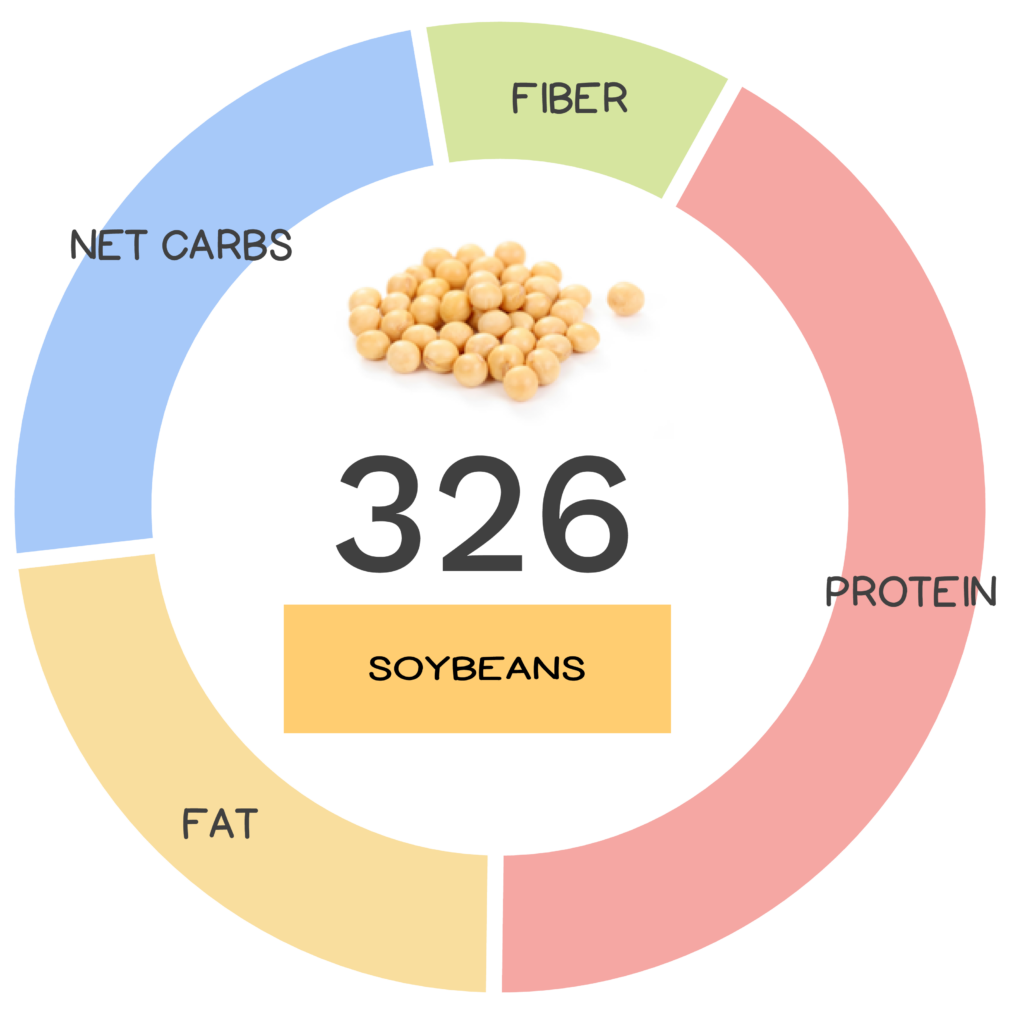
Soybeans are a well-known legume that is native to East Asia and is used in cuisines all over the world. They are used in so many different prepared foods, and dishes including soy milk, tofu, soy sauce, fermented bean paste, oils and salad dressings, tempeh, and many more! Not only are they a staple food for consumption by humans across the world, they are also a staple ingredient for animal feed sources. TVP is a popular product known as textured vegetable protein that is used by many different animal feed producers and is also used in many vegetarian and vegan meat replacement products. The popularity of the soybean makes it one of the most well-known legumes out there!
Textured vegetable protein (TVP) is a popular soy-based product used in animal feed and in vegan and vegetarian meat replacement products.
Legumes might not be the most fancy, flashy, or exciting foods out there, but don’t let their humble looks deceive you: this food group is a health-boosting powerhouse! And did you know this food family has a secret power – they can actually make music?! You know…”beans, beans, the musical fruit…”
Legumes are the fruit or seed of plants from the Fabaceae (also called Leguminosae) family, which includes members such as beans, lentils, peas, and peanuts. And while technically, the food family includes immature versions of some beans such as edamame and edible podded peas, those green versions are often lumped with vegetables. Therefore, legumes are generally regarded as pulses—the starchy, dried seeds of legume plants.
Legumes were an important staple food for numerous ancient cultures, and every major civilization has included a legume as part of their food system. Over time, legumes became the centerpiece of a number of iconic national dishes through the Middle East, India, Brazil, Greece, Egypt and many more!
Legumes have been, and are to this day, an important staple food for every major civilization in history!
Along with having a long shelf life and extreme versatility, legumes are a very sneaky way to enhancing the nutrient density of meals as they are among the most nutrient-dense starchy plant foods available. They’re rich in phytonutrients, bioactive peptides, essential micronutrients including a large list of minerals, and resistant starch (a form of fiber)—all of which contribute to their wide-ranging health effects.
Approximately 85% of the world’s soybeans are used in either soybean meal or soybean oil.
The soybean we eat today is an annual crop that is planted and harvested in the same calendar year. There are wild soybean varieties which are native to China, Korea, Japan and Russia, yet are not overly similar to these soybeans. Additional cultivars of soybeans exist in perennial form which originated in Africa. Because of the global consumption of soybeans and the domestication of crops, the modern soybean cannot be traced to any wild-growing species with much certainty. Global production of soybeans was calculated at around 353 million tonnes in 2020, which was led by both the United States and Brazil. The rapid growth of the soybean industry has largely been driven by the increased global demand for meat products, which in turn require soy-based products for feed. In fact, approximately 85% of the world’s soybeans are used in either soybean meal, or soybean oil. Soybeans are very popular feed products due to their high protein content. With that said, let’s dive into what makes this legume such a standout in global popularity and consumption.
Learn What Foods to *ADD* to Your Diet
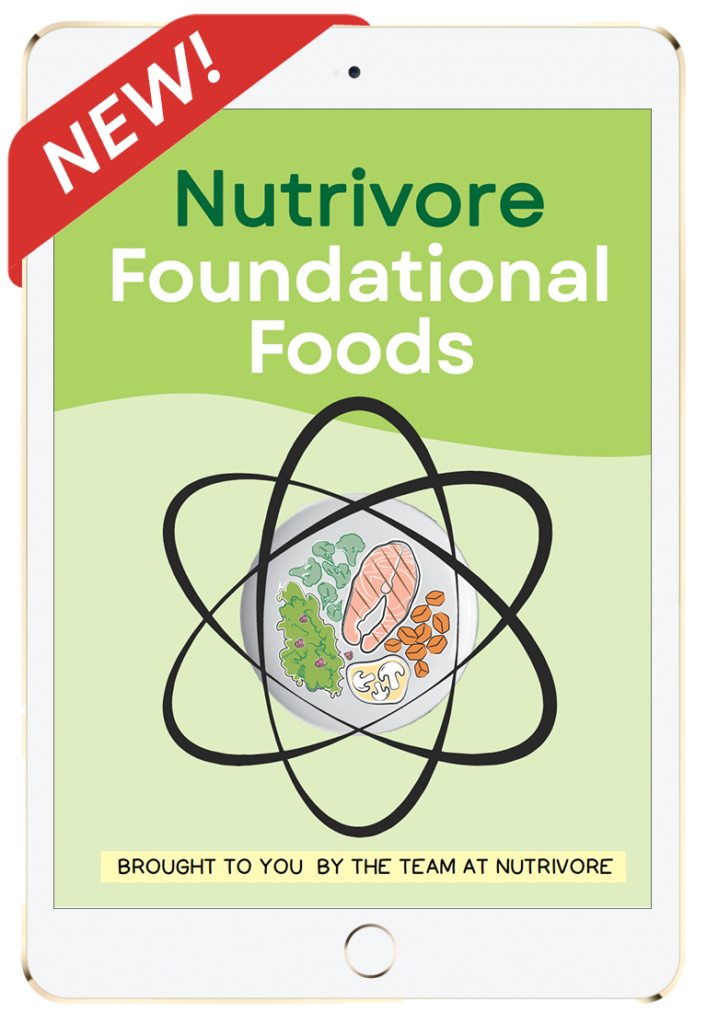
Nutrivore Foundational Foods
Learn what makes the 12 Nutrivore foundational food families nutritionally unique, their health benefits, which options are the most nutrient dense, how much of them to eat, plus various fun facts, practical pointers, and busting of common myths.
This very helpful resource will introduce you to new foods and expand your nutrition knowledge, making food choices easier!
Buy now for instant digital access.
Nutrivore Score for Soybeans – 326
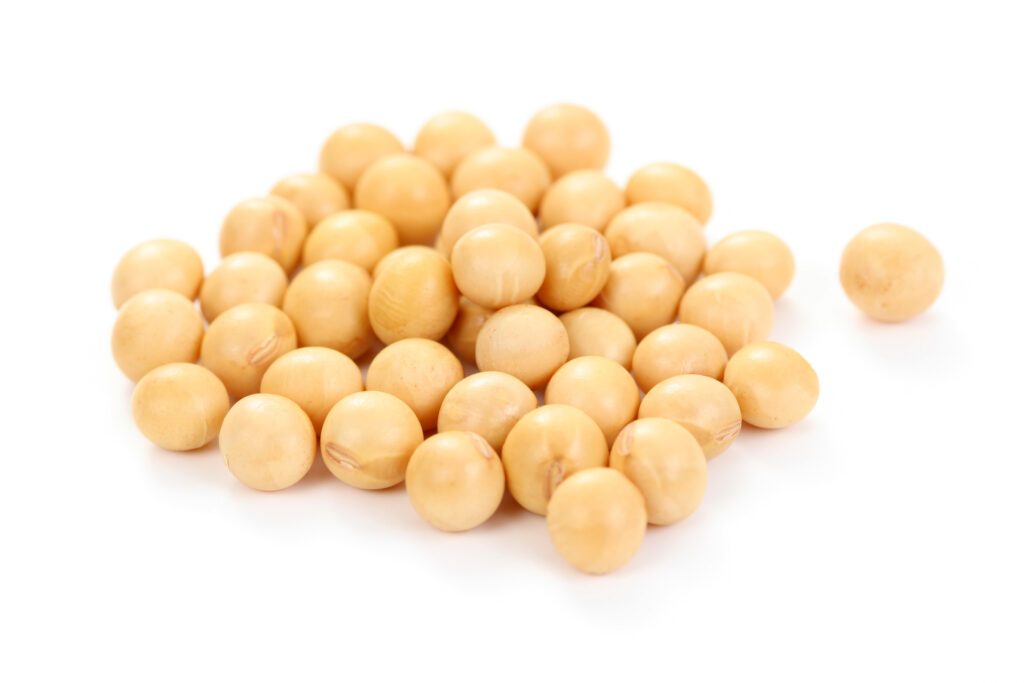
Soybeans have a Nutrivore Score of 326, making them a medium nutrient-dense food!
Per serving, soybeans are a best source (>50% daily value) of alpha-linolenic acid (ALA), copper, iron, linoleic acid, magnesium, manganese, phosphorus, protein, vitamin B1 (thiamin), vitamin B2 (riboflavin), vitamin B7 (biotin), and vitamin B9 (folate); an excellent source (20-50% daily value) of calcium, choline, coQ10, fiber, monounsaturated fatty acids (MUFA), polyphenols, potassium, selenium, vitamin B6 (pyridoxine), vitamin K, and zinc; and a good source (10-20% daily value) of vitamin B5 (pantothenic acid).
Ditch Diets. Embrace Nutrients. Start with this FREE Guide.
Sign up for the free Nutrivore Newsletter, your weekly, science-backed guide to improving health through nutrient-rich foods — without dieting harder —and get the Beginner’s Guide to Nutrivore delivered straight to your inbox!

Soybean Nutrition Facts
One serving of soybeans is standardized to 1/2 cup raw or about 93 grams (3.3 ounces). When you cook soybeans, the volume remains relatively consistent: 1 cup raw soybeans is roughly equivalent to 1 cup cooked soybeans.
Soybean Nutrition Facts Per Serving
| Soybeans, raw | Nutrivore Score: 326 | Nutrient Density: Medium |
|---|---|---|
| Serving Size: 1/2 cup raw or 1/2 cup cooked | Protein: 33.9 grams | Net Carbohydrates: 19.4 grams |
| Calories: 415 | Total Fat: 18.5 grams | Dietary Fiber: 8.6 grams |
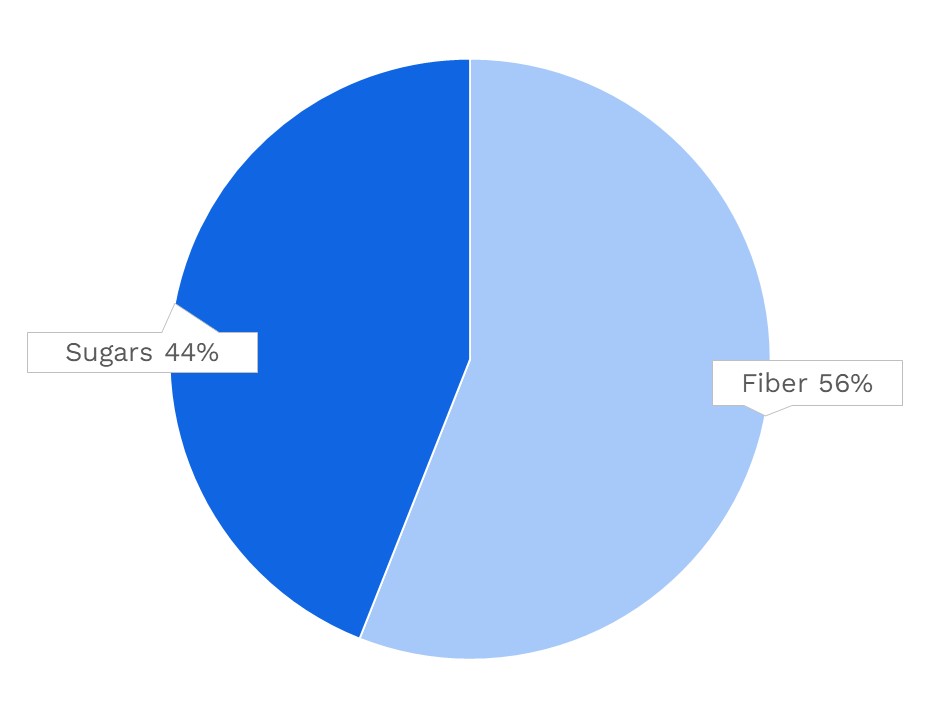
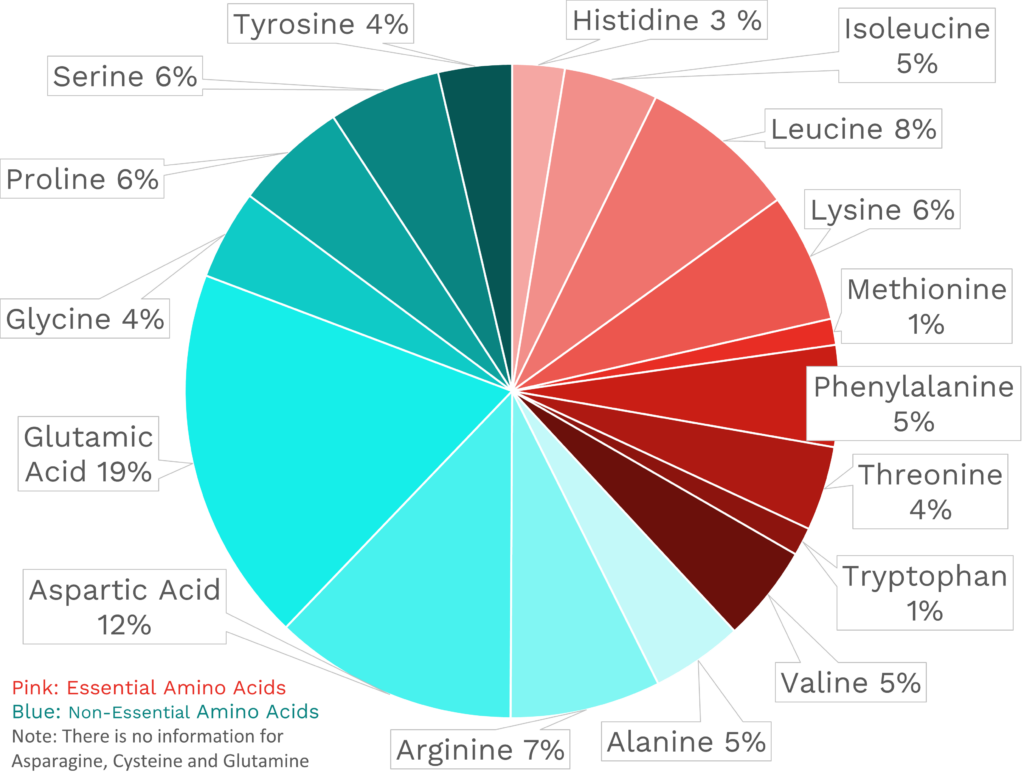
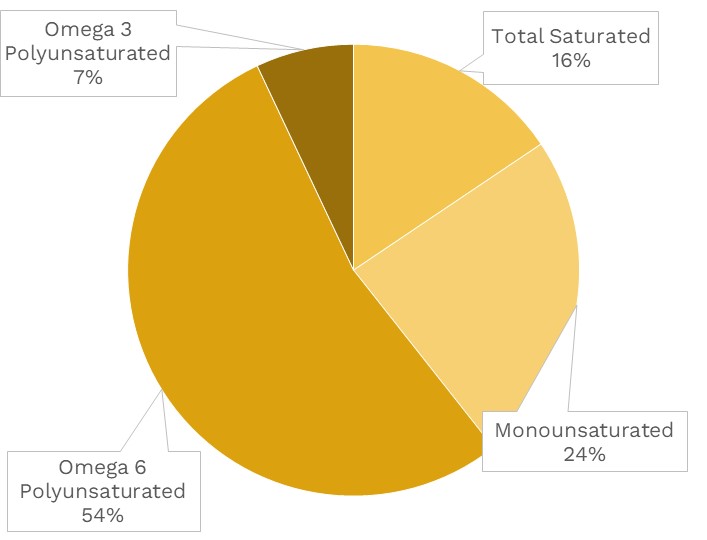
| Vitamin A | ||
|---|---|---|
| Vitamin A | 0.9 μg RAE | 0% DV |
| Vitamin B1 (Thiamin) | 812.8 μg | 68% DV |
| Vitamin B2 (Riboflavin) | 809.1 μg | 62% DV |
| Vitamin B3 (Niacin) | 1.5 mg | 9% DV |
| Vitamin B5 (Pantothenic Acid) | 0.7 mg | 15% DV |
| Vitamin B6 (Pyridoxine) | 350.6 μg | 21% DV |
| Vitamin B7 (Biotin) | 31.2 μg | 104% DV |
| Vitamin B9 (Folate) | 348.8 μg | 87% DV |
| Vitamin B12 (Cobalamin) | 0.0 μg | 0% DV |
| Vitamin C | 5.6 mg | 6% DV |
| Vitamin D (D2 + D3) | 0.0 μg | 0% DV |
| Vitamin E | 0.8 mg | 5% DV |
| Vitamin K | 43.7 μg | 36% DV |
| Choline | 107.8 mg | 20% DV |
| Myo-Inositol | 81.8 mg | ~ |
| CoQ10 | 1.8 mg | ~ |
| FUNCTIONAL FATS | ||
|---|---|---|
| MUFA | 4.1 g | 20% DV |
| ALA | 1236.9 mg | 77% DV |
| EPA + DHA | 0.0 mg | 0% DV |
| CLA | ~ | ~ |
| Linoleic Acid | 9.2 g | 54% DV |
| MCT’s | ~ | ~ |
| MINERALS | ||
|---|---|---|
| Calcium | 257.6 mg | 20% DV |
| Copper | 1541.9 μg | 171% DV |
| Iodine | ~ | ~ |
| Iron | 14.6 mg | 81% DV |
| Magnesium | 260.4 mg | 62% DV |
| Manganese | 2340.8 μg | 102% DV |
| Phosphorus | 654.7 mg | 52% DV |
| Potassium | 1671.2 mg | 36% DV |
| Selenium | 16.6 μg | 30% DV |
| Sodium | 1.9 mg | 0% DV |
| Zinc | 4.5 mg | 41% DV |
| PHYTONUTRIENTS | ||
|---|---|---|
| Carotenoids | 12.1 μg | ~ |
| Polyphenols | 267.8 mg | ~ |
| Phytosterols | 115.1 mg | ~ |
| Glucosinolates | ~ | ~ |
| Thiosulfinates | ~ | ~ |
| Betalains | ~ | ~ |
| AMINO ACIDS & PEPTIDES | ||
|---|---|---|
| Taurine | ~ | ~ |
| Ergothioneine | ~ | ~ |
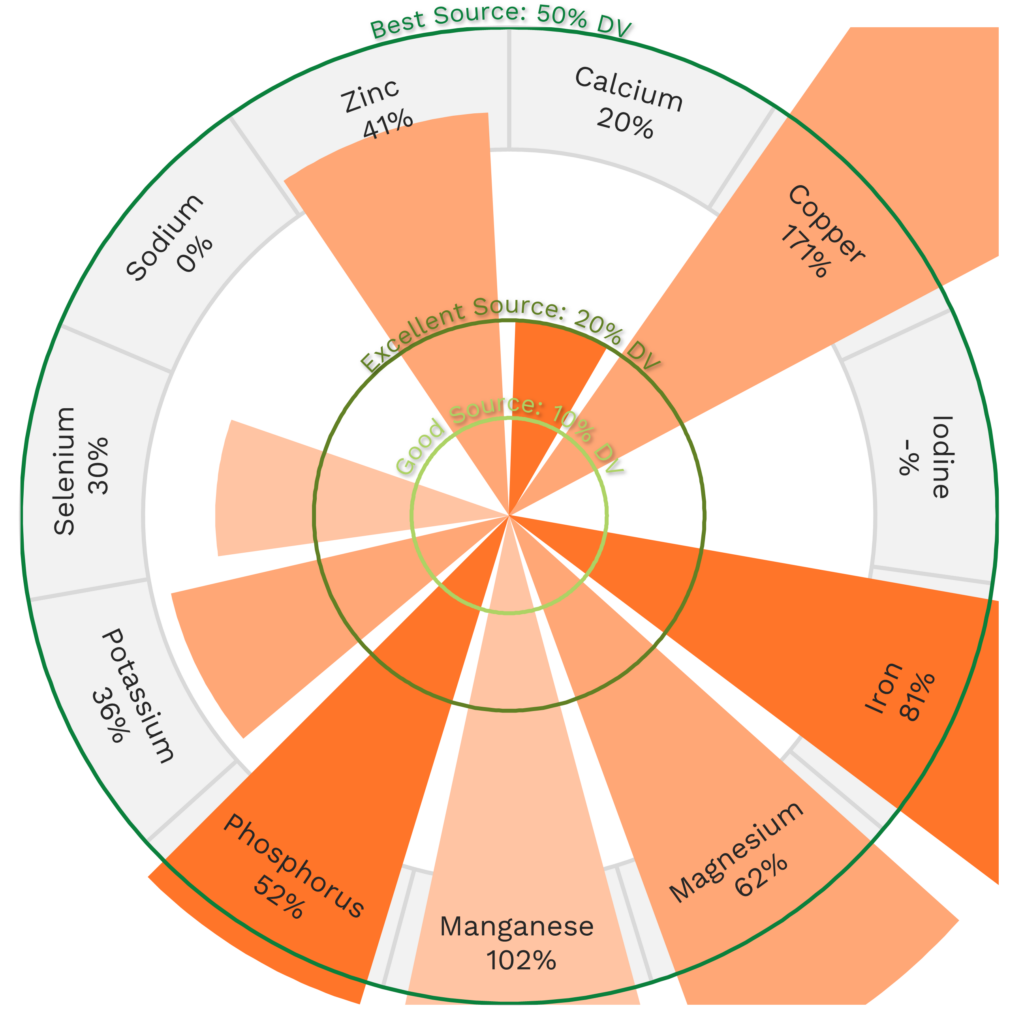
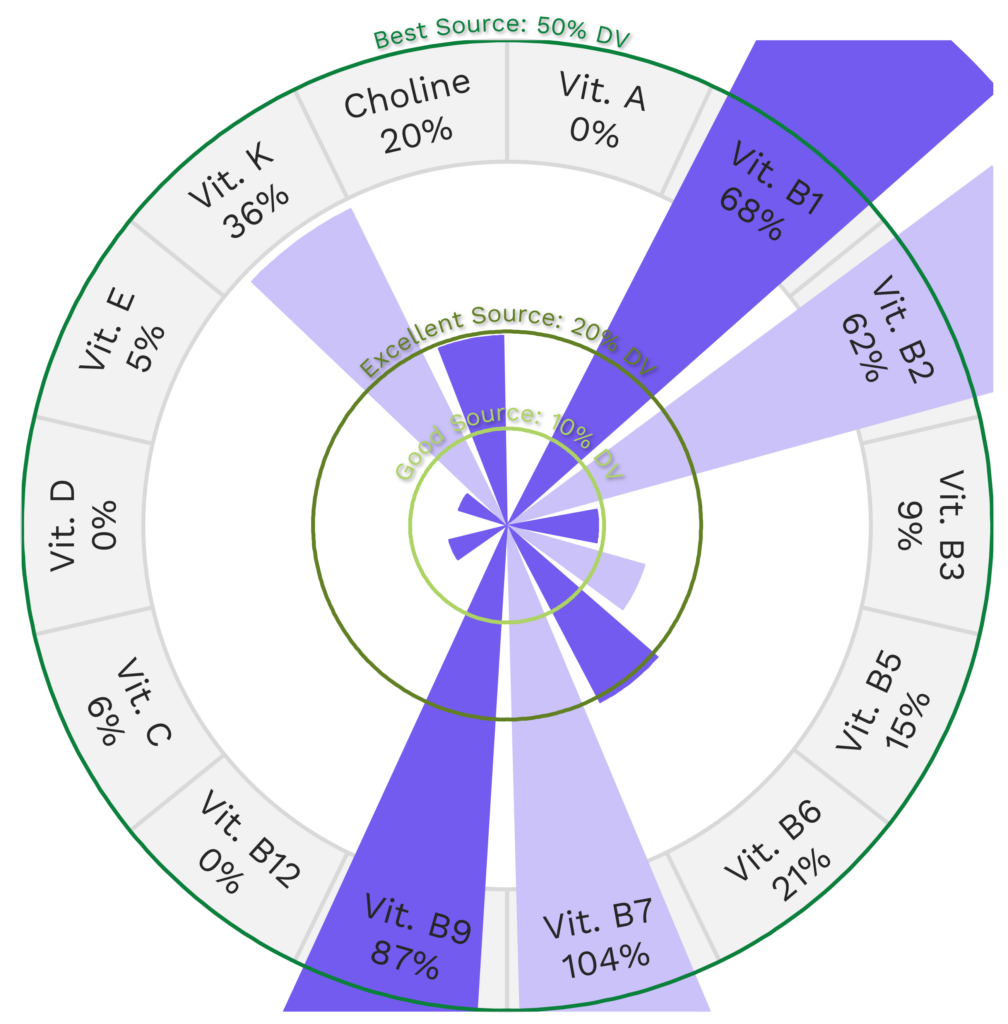
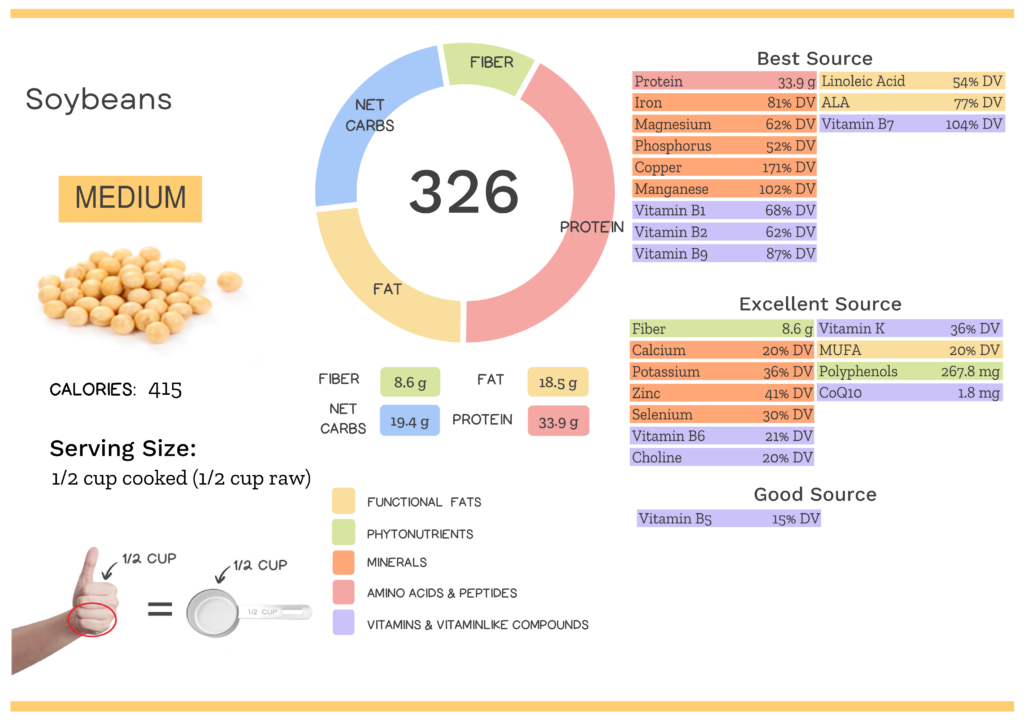
Soybean Nutrition Varies With Cooking, Maturation, and Sprouting
The Nutrivore Score of soybeans varies based on when they are harvested, method of preparation, and sprouting. Green soybeans (aka edamame) are the immature version of soybeans. Immature versions of beans (sometimes referred to as ‘fresh’) are green versions of the legume prior to drying and are often thought of as vegetables, while sprouted versions of beans are germinated by soaking in water until a new plant (or sprout) starts to grow!
| NUTRIVORE SCORE | |
|---|---|
| Soybeans, green (aka edamame), raw | 3591 |
| Soybeans, mature seeds, cooked, boiled, with salt | 287 |
| Soybeans, mature seeds, cooked, boiled, without salt | 287 |
| Soybeans, mature seeds, dry roasted | 263 |
| Soybeans, mature seeds, raw | 326 |
| Soybeans, mature seeds, roasted, no salt | 235 |
| Soybeans, mature seeds, roasted, salted | 235 |
| Soybeans, mature seeds, sprouted, raw | 385 |
Soybean Nutrition Varies With Processing
There are countless soybean products available on the market suited for different uses, ranging anywhere from beverages (soy milk) to condiments (soy sauce). Tofu is another soy product which is extremely popular in Asian and vegetarian cuisine. There are numerous types of tofu, ranging in firmness and flavor. In addition, there are various fermented soy products, such as miso, natto, and tempeh! Not only does each of these products have its own unique use-case, they also have differing flavors and nutrient profiles, which means their Nutrivore Scores also vary.
| NUTRIVORE SCORE | |
|---|---|
| Edamame, (soybeans, green), raw | 3591 |
| Miso | 1791 |
| Natto | 2561 |
| Soy flour, defatted | 3901 |
| Soy flour, full-fat, raw | 3261 |
| Soy meal, defatted, raw | 3182 |
| Soy milk, unsweetened, plain | 4251 |
| Soy sauce, made from hydrolyzed vegetable protein | 259 |
| Soy sauce, made from soy and wheat (shoyu) | 433 |
| Soy sauce, made from soy (tamari) | 373 |
| Soybean oil, refined | 160 |
| Soybean oil, salad or cooking | 186 |
| Soybeans, mature seeds, raw | 326 |
| Tempeh | 4381 |
| Tofu, dried-frozen (koyadofu) | 2541 |
| Tofu, dried-frozen (koyadofu), prepared with calcium sulfate | 2871 |
| Tofu, extra firm, prepared with nigari | 323 |
| Tofu, firm, prepared with calcium sulfate | 2931 |
| Tofu, firm, prepared with calcium sulfate and magnesium chloride (nigari) | 289 |
| Tofu, hard, prepared with nigari | 282 |
| Tofu, raw, regular, prepared with calcium sulfate | 339 |
| Tofu, salted and fermented (fuyu) | 295 |
| Tofu, salted and fermented (fuyu), prepared with calcium sulfate | 374 |
| Tofu, soft prepared with calcium sulfate and magnesium chloride (nigari) | 317 |
Bean Nutrition Varies With Type
There are numerous kinds of beans, ranging in color, flavor, shape, size, texture, and nutrient profile, which means their Nutrivore Scores vary as well. Choose the ones you like best but try incorporating different varieties in your diet to maximize all the nutrition that beans have to offer.
| NUTRIVORE SCORE | |
|---|---|
| Adzuki beans, mature seeds, raw | 5761 |
| Black beans, mature seeds, raw | 446 |
| Cowpeas, common (blackeyes, crowder, southern), mature seeds, raw | 238 |
| Chickpeas (Garbanzo beans), mature seeds, raw | 454 |
| Cranberry (Roman) beans, mature seeds, raw | 2651 |
| Fava beans (Broad beans), mature seeds, raw | 442 |
| Great Northern beans, mature seeds, raw | 419 |
| Kidney beans, red, mature seeds, raw | 413 |
| Lima beans, large, mature seeds, raw | 304 |
| Mung beans, mature seeds, raw | 249 |
| Navy beans, mature seeds, raw | 269 |
| Pinto beans, mature seeds, raw | 390 |
| Soybeans, mature seeds, raw | 326 |
| White beans, mature seeds, raw | 2221 |
Surprised soybeans are “soy” good for you? Maybe your friends will be too!
Health Benefits of Soybean Nutrients
Let’s take a closer look at all of the best and excellent source of nutrients found in a 1/2-cup serving of soybeans and see how they benefit our health.
Soybeans Provide 171% DV Copper
Soybeans are a best source of copper, providing an impressive 171% of the daily value per 1/2-cup serving!
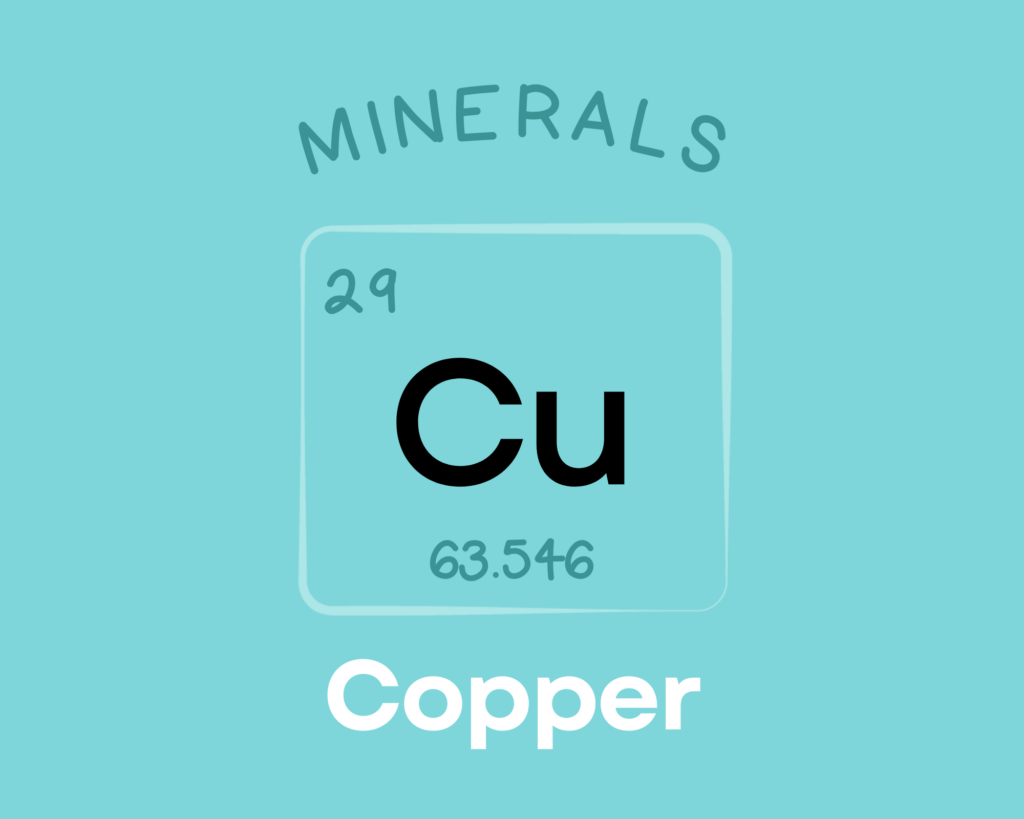
Copper is a trace mineral that’s essential for all living organisms. Copper serves as a component of numerous enzymes and proteins in the body, giving it diverse roles in the growth, development, and maintenance of various organs (including the heart and brain), bone, and connective tissue. Copper is also involved in glucose and cholesterol metabolism, helps regulate gene expression, can scavenge free radicals, and is needed for the production of red blood cells. Learn more about copper here.
Soybeans Provide 104% DV Vitamin B7 (Biotin)
Soybeans are also a best source of vitamin B7 (biotin), providing 104% of the daily value per 1/2-cup serving!
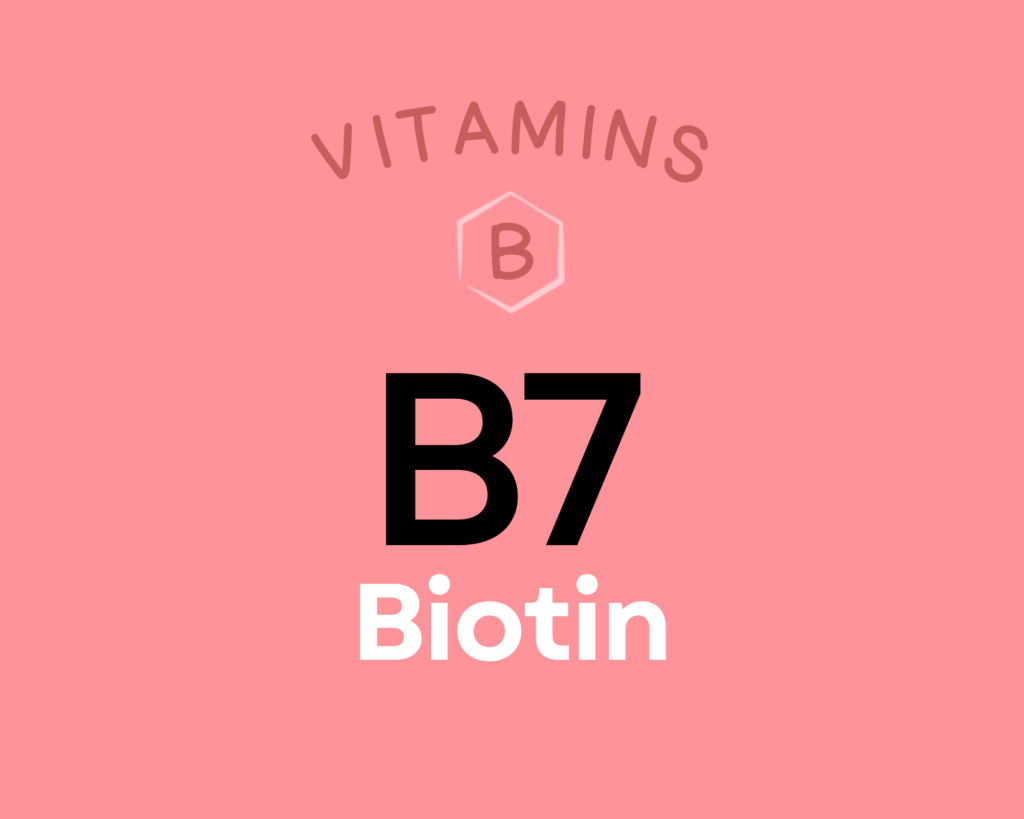
Biotin is a water-soluble B vitamin, also known as vitamin B7. Like other B vitamins, it plays an important role in energy metabolism (serving as a coenzyme for five carboxylase enzymes), neurotransmitter production, cellular function, and the function of various organs. Getting enough biotin can help support healthy nail and hair growth. It’s also particularly important during pregnancy, with low intakes increasing the risk of premature delivery and birth defects. There’s even some evidence biotin can benefit diabetics and reduce functional disabilities in people with multiple sclerosis. Learn more about biotin here.
Soybeans Provide 102% DV Manganese
Soybeans are a best source of manganese, providing 102% of the daily value per 1/2-cup serving!
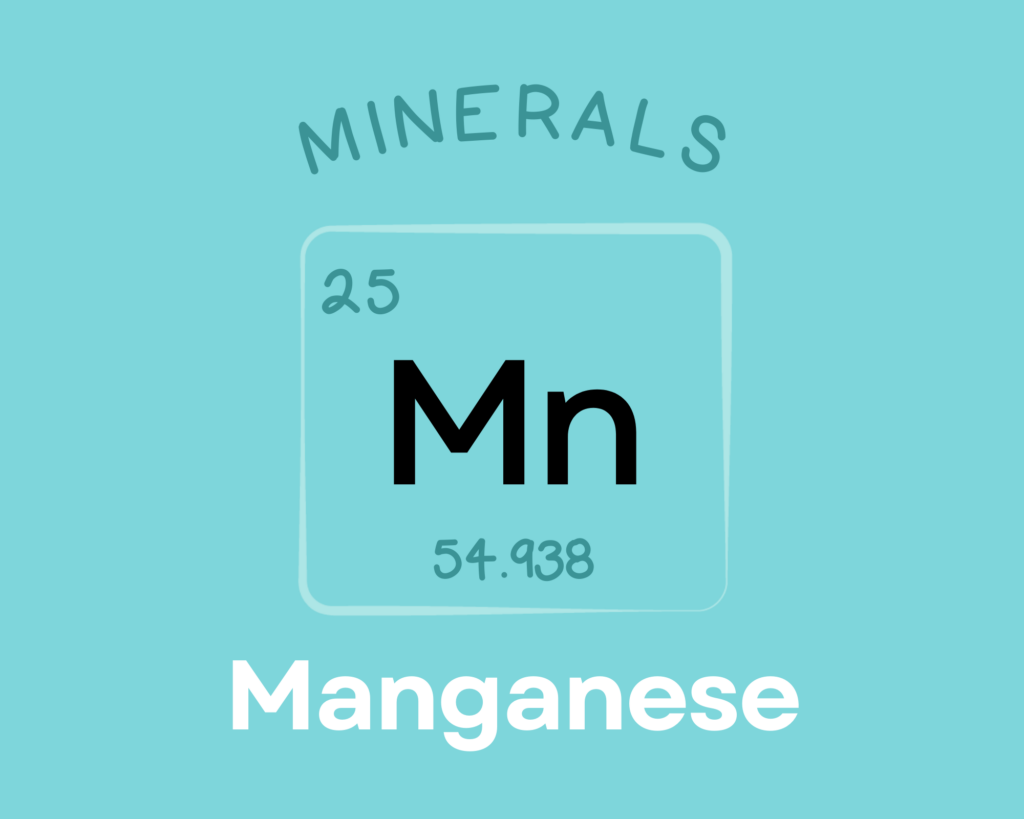
Manganese is an essential mineral that serves as a cofactor and component of numerous enzymes. Through these roles, it’s involved in carbohydrate metabolism, amino acid synthesis, gluconeogenesis, detoxification, lipid processing, free radical defense, bone and collagen formation, and wound healing. Although the research so far is limited, some evidence suggests that manganese can protect against osteoporosis and diabetes, and may even be involved in seizure disorders. Learn more about manganese here.
Soybeans Provide 87% DV Vitamin B9 (Folate)
Soybeans are also a best source of vitamin B9 (folate), providing 87% of the daily value per 1/2-cup serving!
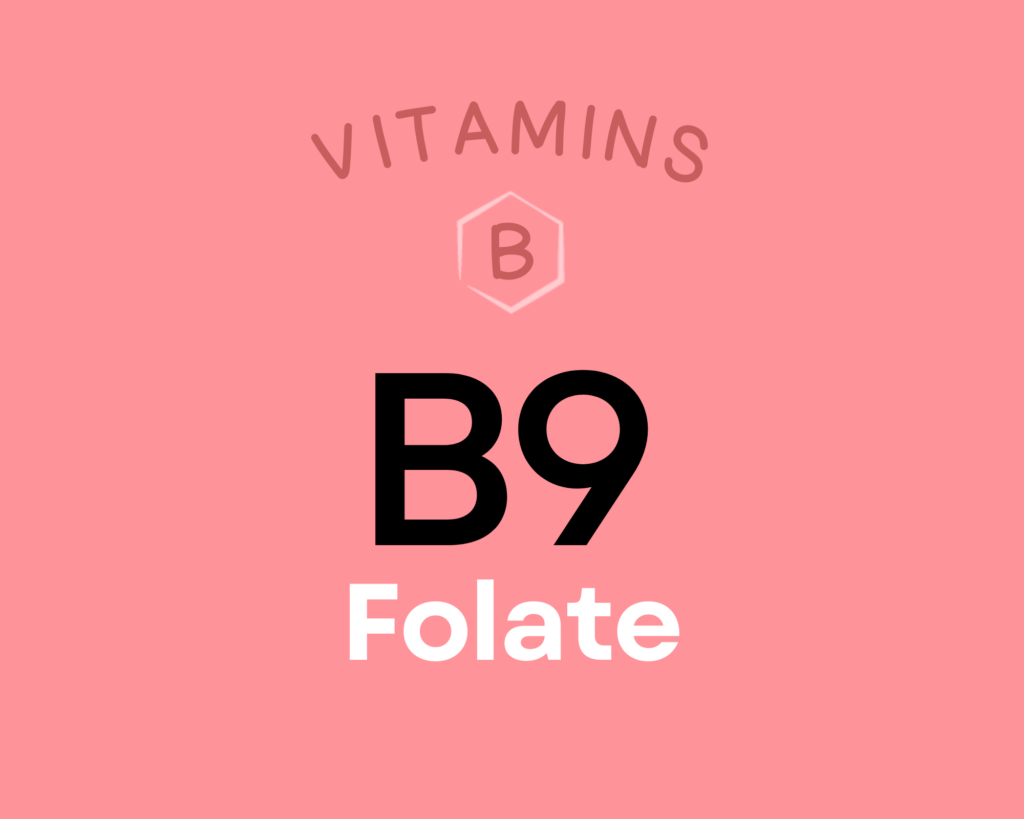
Vitamin B9 (folate) is an essential B vitamin that plays roles in blood cell production, the formation of genetic material (including DNA), and cell growth and function. It’s particularly important during pregnancy, when folate demands increase due to the rapid creation of new cells and DNA. Along with helping protect against fetal development problems, folate can support cardiovascular health, potentially protect against certain cancers, and reduce the risk of cognitive and neurological disorders later in life. Learn more about vitamin B9 here.
Soybeans Provide 81% DV Iron
Soybeans are a best source of iron, providing 81% of the daily value per 1/2-cup serving!
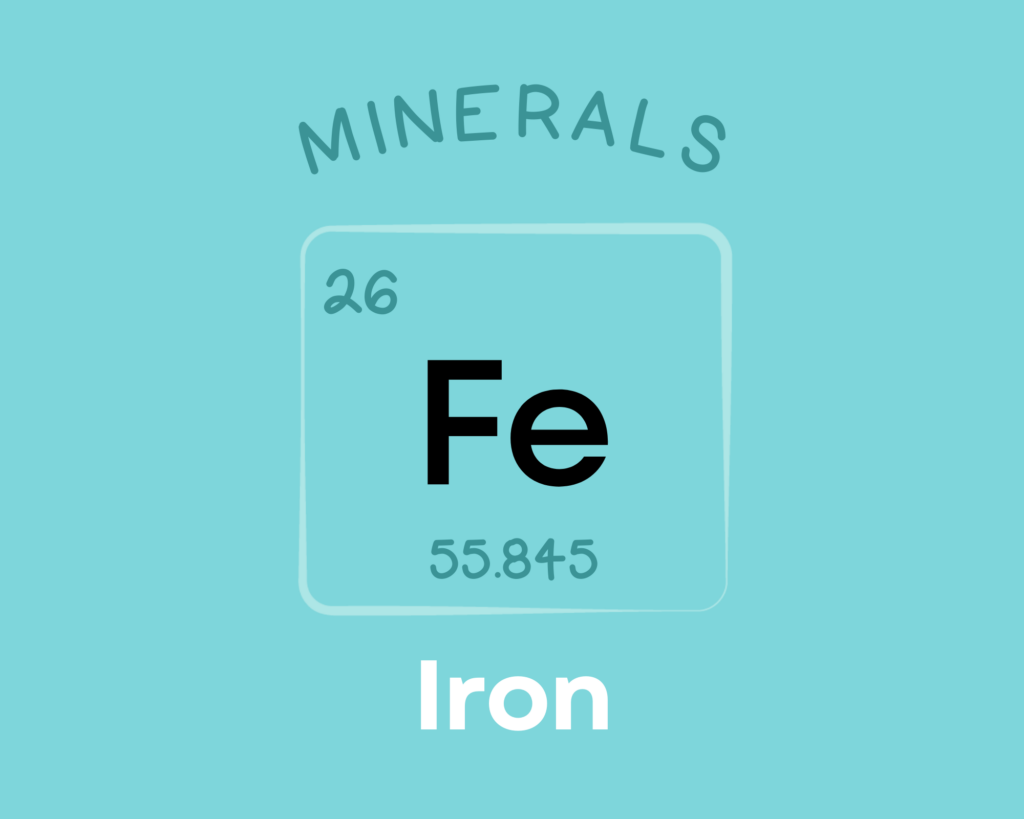
Iron is a mineral required for the metabolism of all living organisms. It’s needed for the function of numerous iron-dependent proteins involved in electron transport, energy metabolism, oxygen transport and storage, DNA replication and repair, free radical scavenging, and oxidative processes. It plays an important role in reproductive health, gestation, immunity, and central nervous system development. Learn more about iron here.
Soybeans Provide 77% DV Alpha-linolenic Acid (ALA)
Soybeans are also a best source of alpha-linolenic acid (ALA), providing 77% of the daily value per 1/2-cup serving!
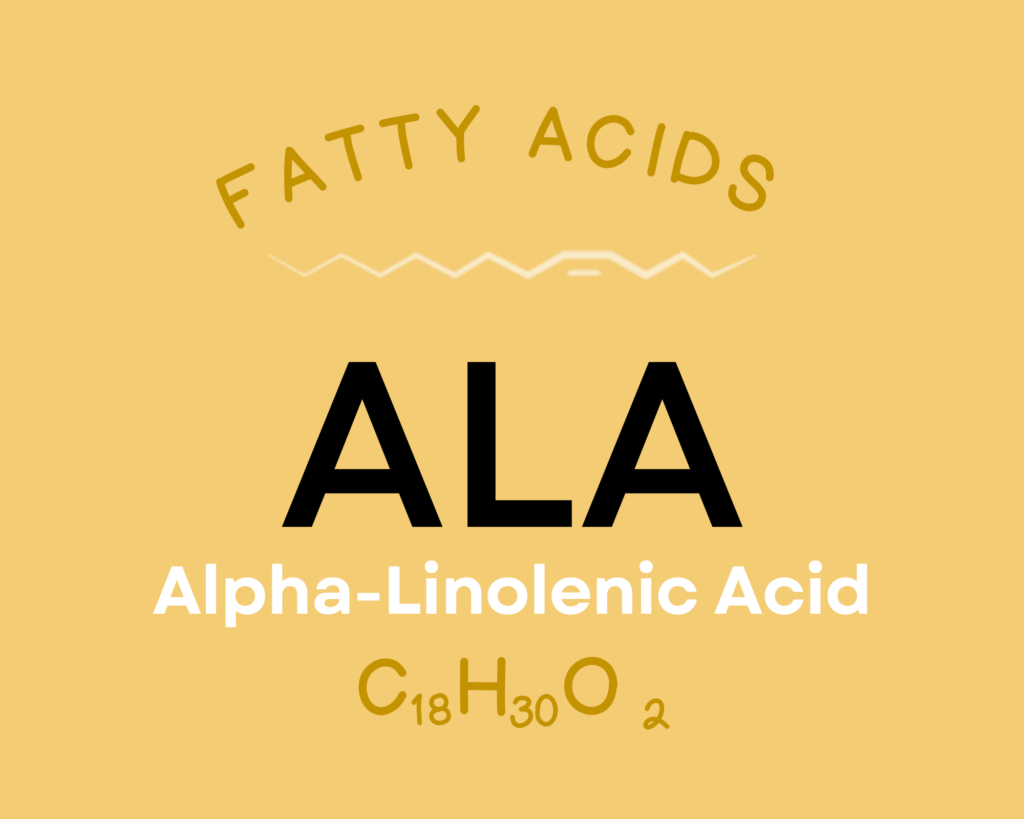
Alpha-linolenic acid (ALA) is the only truly essential omega-3 fatty acid. Like other omega-3 fats, it plays an important role in regulating inflammation, pain perception, and blood pressure. It’s also major structural component of the phospholipid layer of cell membranes. Getting enough ALA helps maintain cardiovascular health, while also potentially protecting against cancer, pneumonia, and some forms of depression. Learn more about ALA here.
Soybeans Provide 33.9 g of Protein
Soybeans are a best source of protein, providing 33.9 g of protein per 1/2-cup serving!
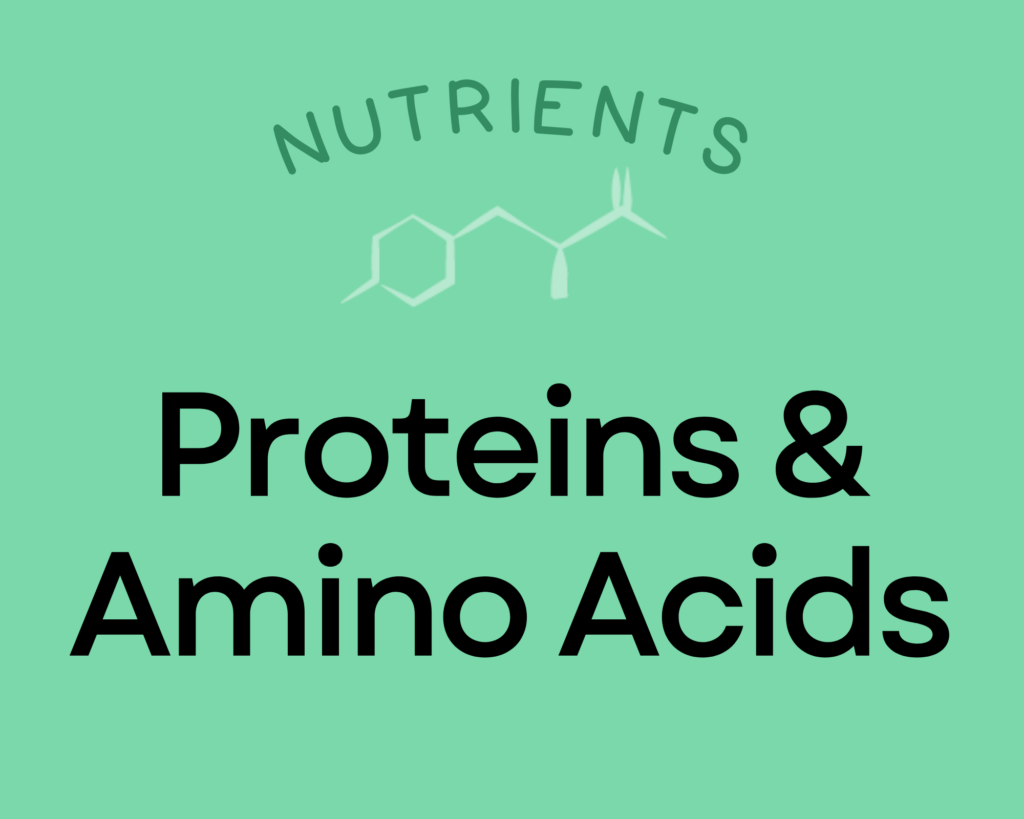
Proteins are the molecules that actually perform most of the various functions of life. In addition to being major structural components of cells and tissues, they have incredibly diverse roles from driving chemical reactions (e.g., enzymes) to signaling (e.g., some types of hormones) to transporting and storing nutrients. Dietary protein is necessary to supply the amino acid building blocks for all of the proteins in our bodies. The recommended daily allowance of protein is 0.36 grams per pound body weight (0.8 grams per kilogram of body weight). That amounts to 56 grams for a 150-pound person. However, it’s important to emphasize that this number is considered a minimum daily allotment, and there is no established upper limit. In fact, many studies have evaluated diets containing three to four times more protein than this minimum and proven benefits to weight management, body composition, hormone regulation, and cardiovascular health. These studies suggest that an optimal protein intake for most people is probably in the range of 1.2 to 1.8 grams per kilogram bodyweight (82 to 122 grams for that same 150-pound person), and that people who are very active may see the best results at even higher intake. Learn more about protein and amino acids here.
Soybeans Provide 68% DV Vitamin B1 (Thiamin)
Soybeans are also a best source of vitamin B1 (thiamin), providing 68% of the daily value per 1/2-cup serving!
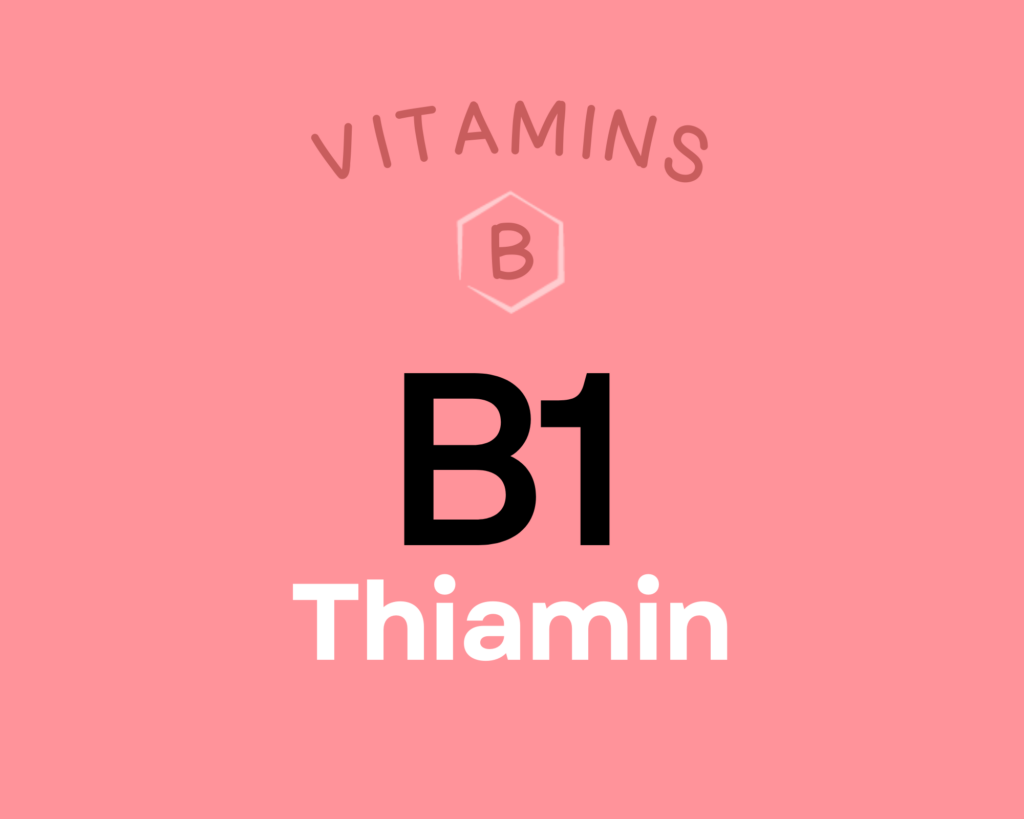
Thiamin (sometimes spelled thiamine, and also called vitamin B1) is a water-soluble vitamin. In its active form of thiamin pyrophosphate, it serves as a cofactor for a variety of enzymes involved in carbohydrate and amino acid metabolism, RNA and DNA production, and generating energy for the Krebs cycle. Research suggests vitamin B1 could help prevent blood sugar and insulin increases in people with disordered glucose metabolism, reduce the risk of cataracts, and improve health and mortality outcomes in patients with sepsis. Because aggressive tumors have high thiamin demands, it’s uncertain whether supplementing with thiamin while having cancer is beneficial due to preventing deficiency, or harmful due to providing more fuel for tumor growth. Insufficient thiamin may increase the risk of Alzheimer’s disease, and when chronic, leads to a deficiency disease called beriberi. Learn more about vitamin B1 here.
Soybeans Provide 62% DV Magnesium
Soybeans are a best source of magnesium, providing 62% of the daily value per 1/2-cup serving!
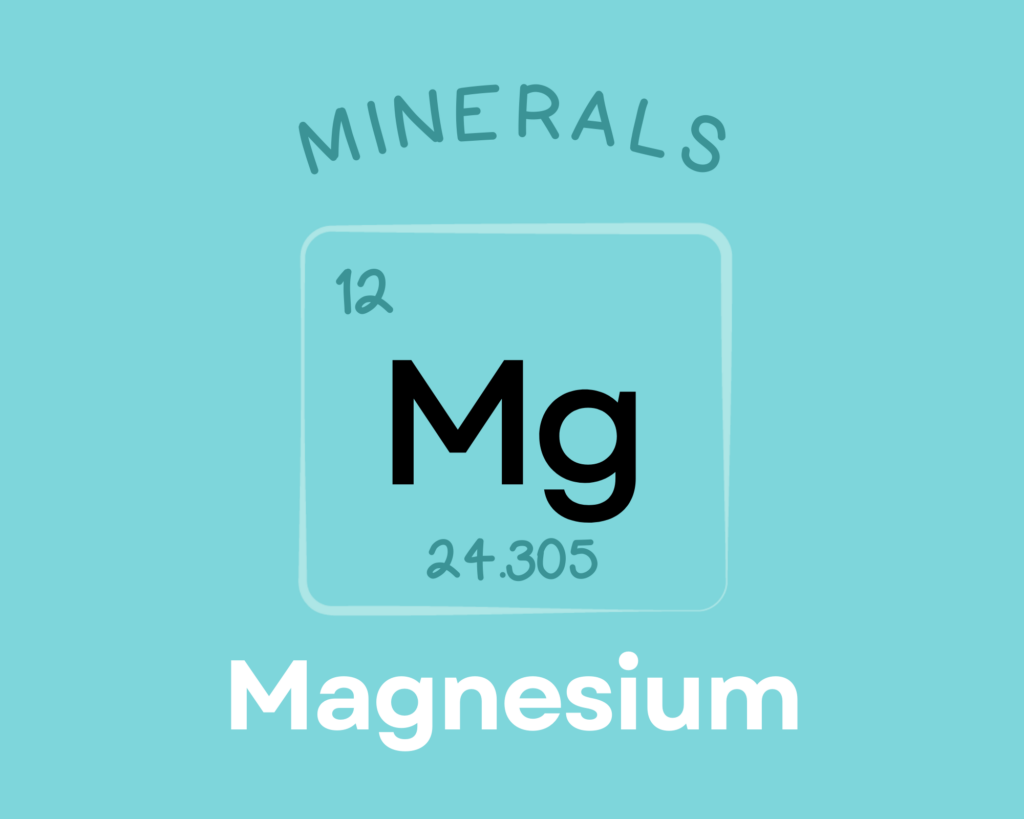
Magnesium is an essential mineral needed by every cell in the body. As an electrolyte, it’s important for regulating fluid balance, nerve and muscle function, blood pH, and neurotransmission. It also serves as a cofactor for hundreds of different enzymes, giving it a role over 300 metabolic reactions—including pathways for cell signaling, energy production, protein synthesis, nucleic acid synthesis, and ion transport. Magnesium also has important structural functions in cells and bone tissue. Consuming enough magnesium may help protect against a variety of chronic diseases, including cardiovascular disease, type 2 diabetes, and osteoporosis. Learn more about magnesium here.
Soybeans Provide 62% DV Vitamin B2 (Riboflavin)
Soybeans are also a best source of vitamin B2 (riboflavin), providing 62% of the daily value per 1/2-cup serving!
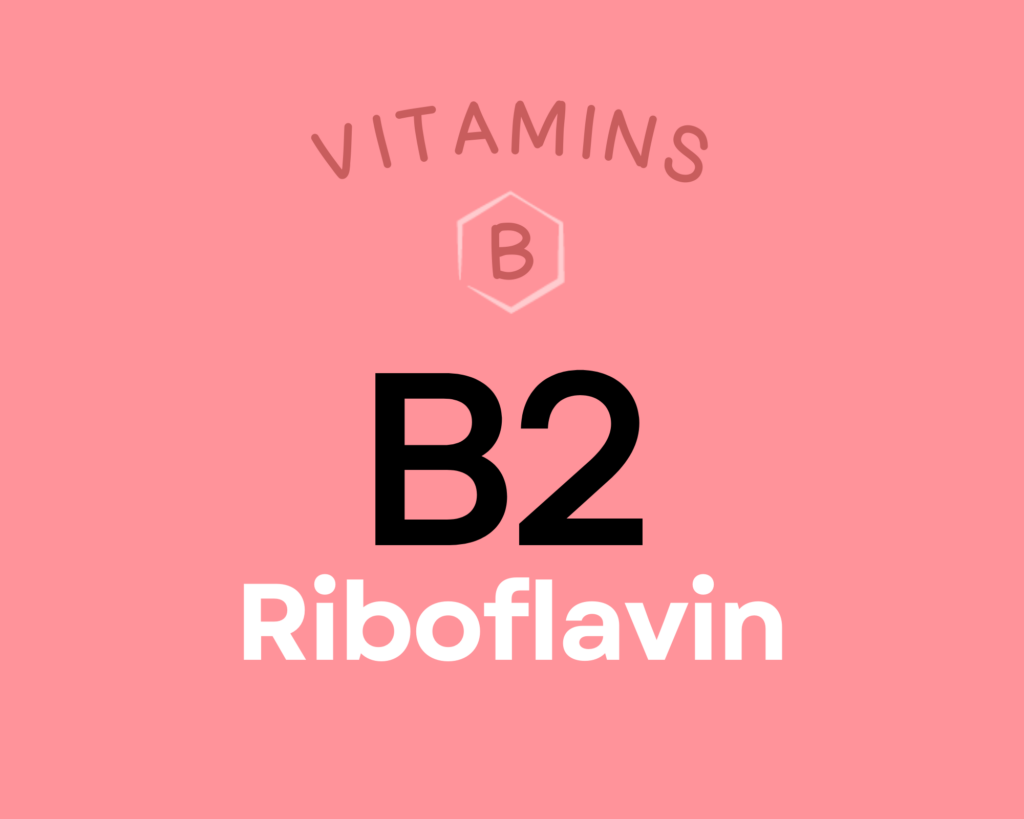
Riboflavin (or vitamin B2) is a vitamin that helps form two important coenzymes involved in oxidation-reduction reactions: flavin mononucleotide (FMN), and flavin adenine dinucleotide (FAD). Collectively, these coenzymes are involved in antibody production, energy production, growth and development, skin and hair health, and the metabolism of several other nutrients (vitamin B6, niacin, folate, and iron). Research suggests a role for riboflavin in preventing or treating migraine headaches, cardiovascular disease, cataracts, and preeclampsia during pregnancy. It also possesses some anti-cancer properties due to its involvement in folate metabolism and MTHFR activity. Learn more about vitamin B2 here.
Soybeans Provide 54% DV Linoleic Acid
Soybeans are a best source of linoleic acid, providing 54% of the daily value per 1/2-cup serving!
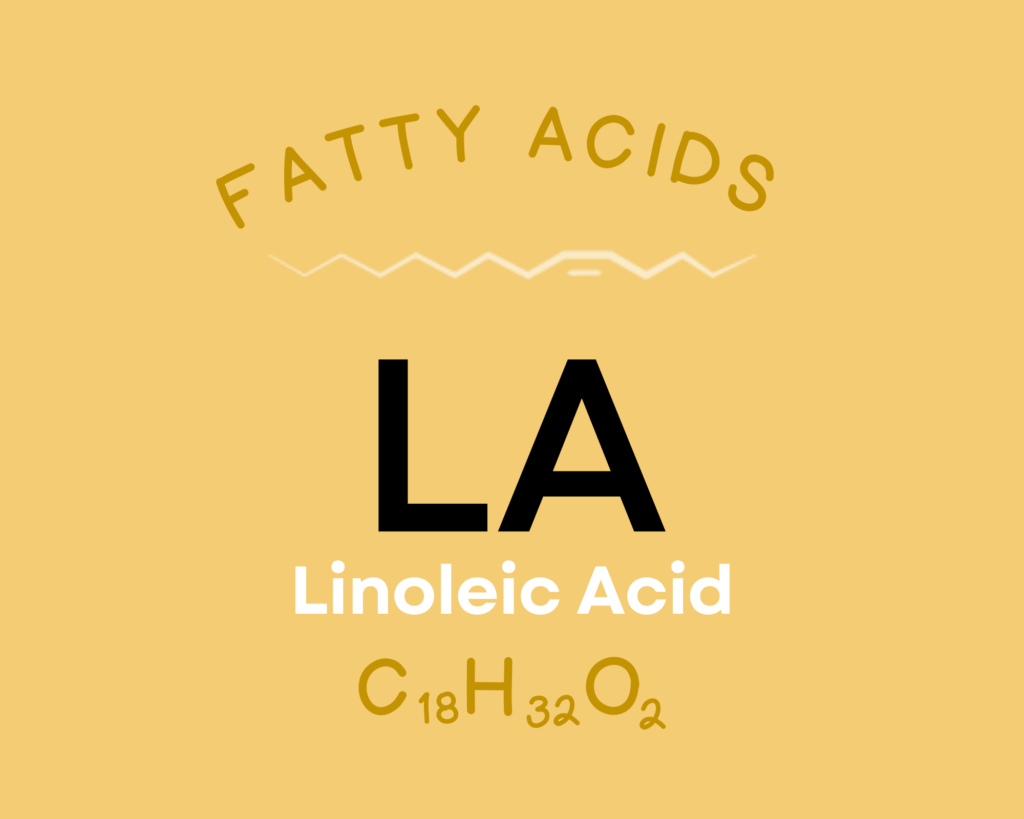
Linoleic acid is the only essential omega-6 fatty acid. Along with being required for human growth and development, it serves as a structural component of cell membranes, plays a role in maintaining skin health and integrity, and is a precursor for bioactive lipid mediators. Although linoleic acid can lower LDL cholesterol levels, research hasn’t consistently shown any protective effect against heart disease. Likewise, there’s mixed evidence (some showing benefit, some showing harm) for the effects of linoleic acid on cancer. Higher intakes have also been associated with depression and obesity, although it may have a protective effect against diabetes. Learn more here.
Soybeans Provide 52% DV Phosphorus
Soybeans are also a best source of phosphorus, providing 52% of the daily value per 1/2-cup serving!
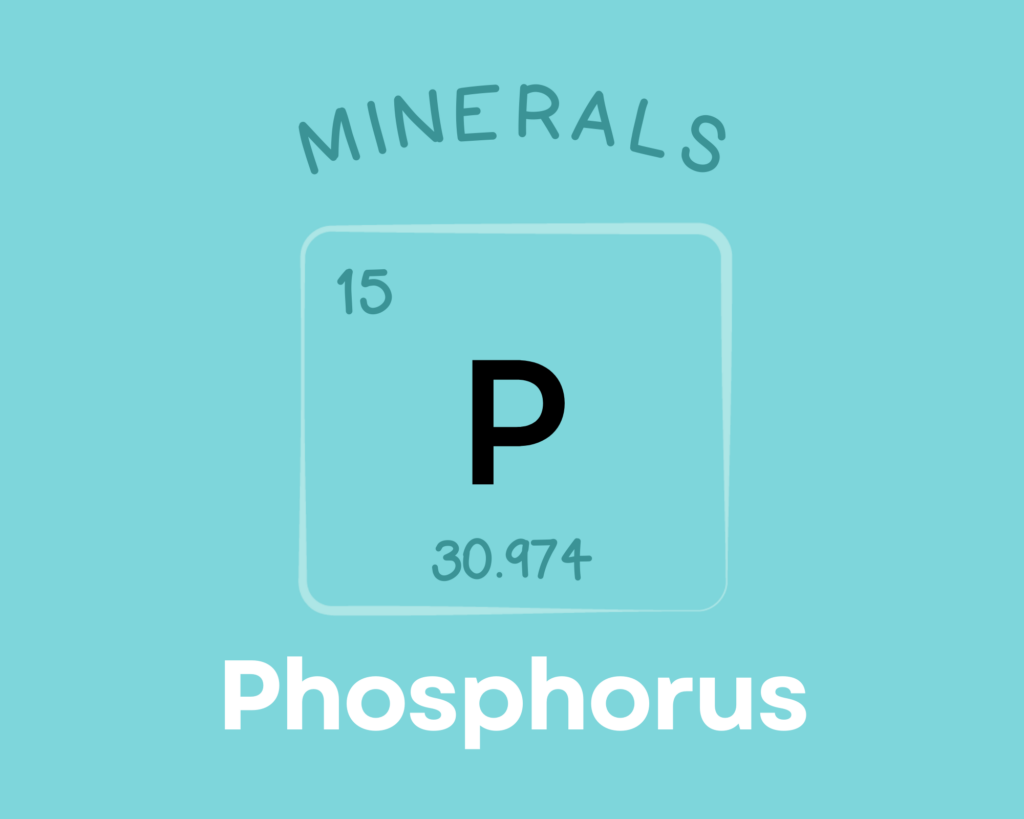
Phosphorus is an essential mineral that makes up about 1% of the total weight of the human body. Along with serving an important structural role for building nucleic acids and cell membranes, phosphorus is involved in numerous biological processes—including acid-base regulation, energy production, cell signaling, and bone mineralization. Excess phosphorus has been linked to a higher risk of cardiovascular disease, fractures, and osteoporosis, especially in the context of a low-calcium diet. Learn more about phosphorus here.
Soybeans Provide 41% DV Zinc
Soybeans are an excellent source of zinc, providing 41% of the daily value per 1/2-cup serving!
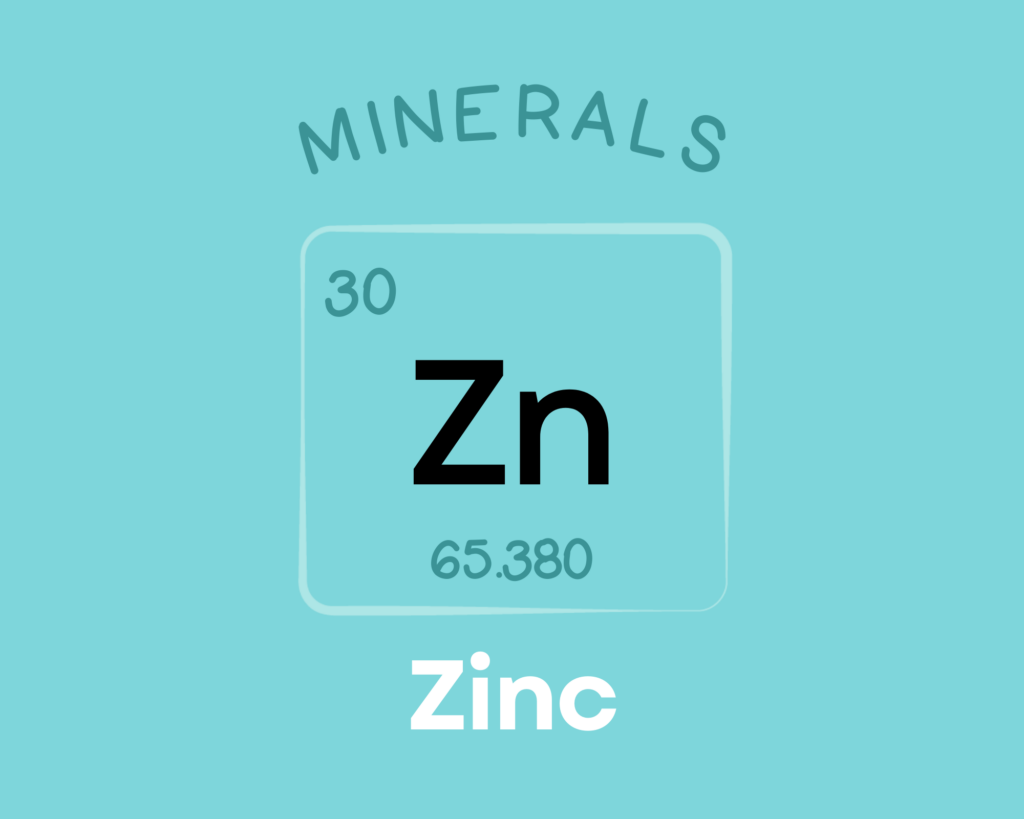
Zinc is an essential trace mineral that serves as a cofactor for over 300 enzymes and 1000 transcription factors, giving it important roles in immune function, sensory organ function, reproduction, gene regulation, DNA synthesis, wound healing, and the metabolism and activity of multiple other nutrients. Research shows it can reduce the duration of the common cold when taken shortly after the onset of illness, and can also benefit immune health in the elderly and among HIV/AIDS patients. Some studies also suggest a protective role of zinc in neurological conditions like Alzheimer’s disease and depression. Learn more about zinc here.
Soybeans Provide 36% DV Potassium
Soybeans are also an excellent source of potassium, providing 36% of the daily value per 1/2-cup serving!
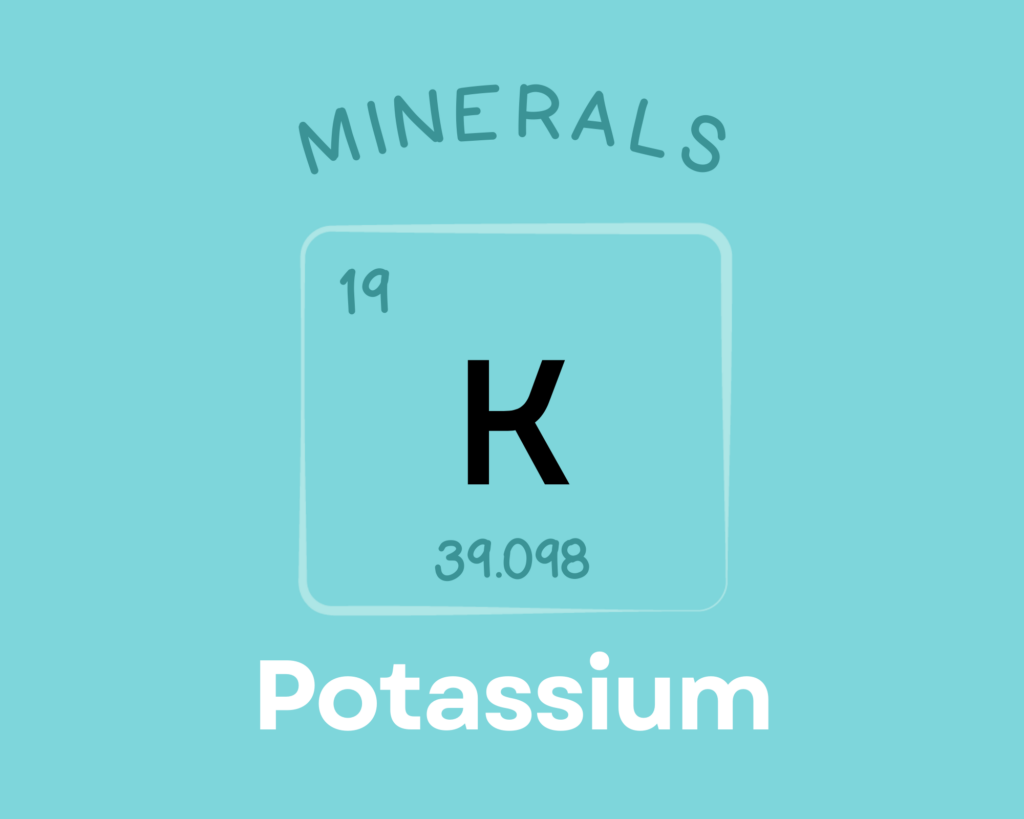
Potassium is an essential mineral that functions as an electrolyte, with roles in a wide variety of life-sustaining processes such as heart function, muscle contraction, nerve impulse transmission, blood pressure control, blood pH, and fluid balance. It also helps regulate hormone secretion and insulin and glucose metabolism. Studies show a protective effect of potassium against stroke, and this nutrient may also help reduce the risk of kidney stones and osteoporosis. Learn more about potassium here.
Soybeans Provide 36% DV Vitamin K
Soybeans are an excellent source of vitamin K, providing 36% of the daily value per 1/2-cup serving!
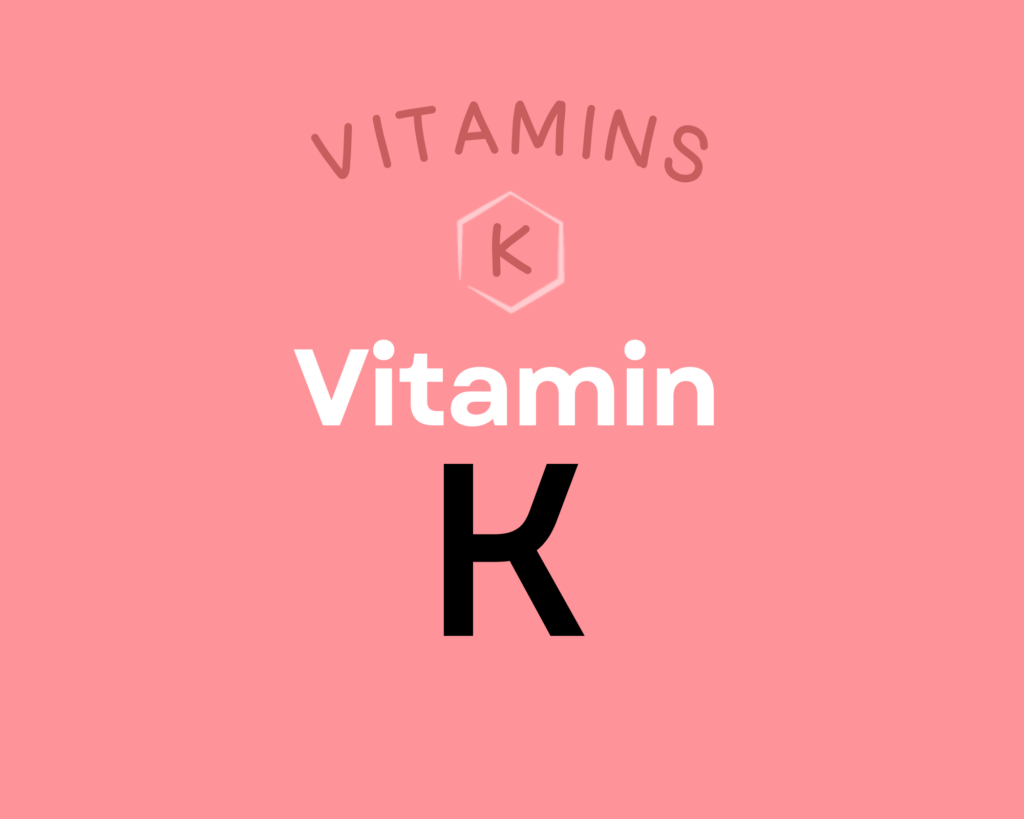
Vitamin K is actually a group of fat-soluble vitamins with a similar molecular structure, existing as K1, multiple isoforms of K2, and the synthetic form K3. This nutrient plays a vital role in coagulation, due to serving as a cofactor for proteins needed for blood clotting; it’s also essential for bone metabolism, cellular function, and the prevention of soft tissue calcification. Getting enough vitamin K2 can help protect against cardiovascular disease, may improve bone mineral density and skeletal health, and may even support endocrine function and brain health; there’s also some limited evidence it has anti-cancer and anti-inflammatory properties. Learn more about vitamin K here.
Soybeans Provide 267.8 mg of Polyphenols
Soybeans are also an excellent source of polyphenols, providing 267.8 mg of polyphenols per 1/2-cup serving!
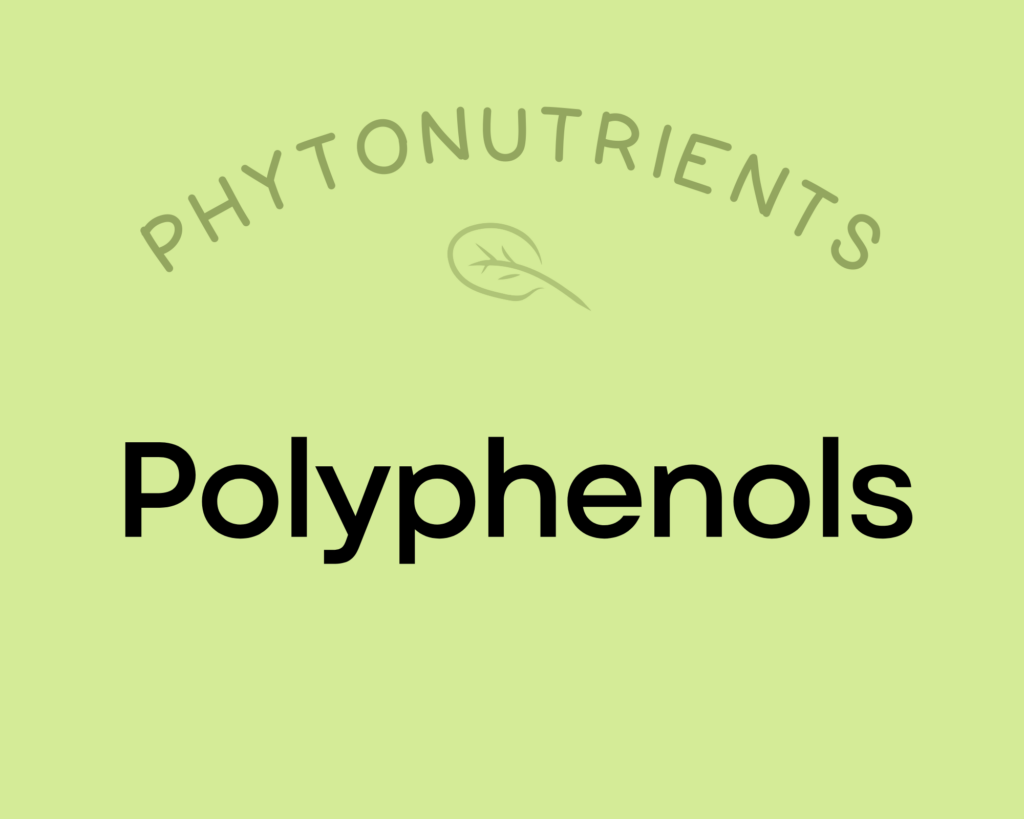
Polyphenols play a huge role in protecting against cancer, heart disease, diabetes, asthma, osteoporosis, neurodegenerative diseases, and other conditions associated with oxidative stress. In fact, a major reason foods like red wine and olive oil (as well as diets rich in both, such as the Mediterranean diet) show up as so beneficial may be due to their high polyphenol content! Along with chronic diseases, supplementing with polyphenols has been shown to protect against infections and reduce the signs of aging. Polyphenols exert their most potent effects by acting as antioxidants—preventing cellular damage by neutralizing hazardous oxygen radicals and improving cellular health as a result (which, in turn, benefits virtually every system in the body). As a result of their antioxidant properties, polyphenols also boost the immune system and protect against both chronic and acute diseases. In addition, polyphenols can help regulate enzyme function, stimulate cell receptors, modulate the functions of inflammatory cells (including T and B lymphocytes, macrophages, platelets, and natural killer cells), alter adhesion molecule expression, affect nerve cells and cardiac muscle cells, and exert antiviral effects. Learn more about polyphenols here.
Soybeans Provide 8.6 g of Fiber
Soybeans are an excellent source of dietary fiber, providing 8.6 g of fiber per 1/2-cup serving!
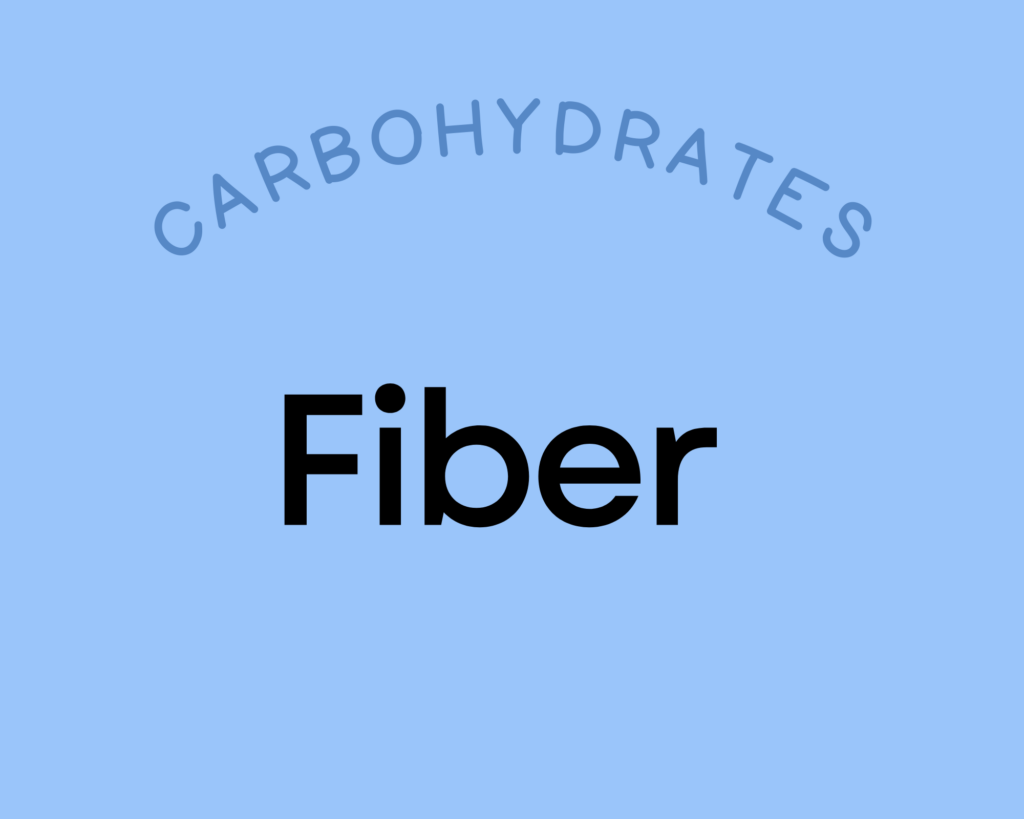
Fiber serves as substrate for the trillions of microbes that inhabit our digestive tracts, collectively referred to as the gut microbiome. Through their metabolism of fiber, these resident microbes benefit us in a whole host of ways, including aiding digestion, vitamin production, detoxification, regulation of cholesterol metabolism, providing resistance to pathogens, immune regulation, neurotransmitter regulation, regulation of gene expression, and more! In fact, every human cell is impacted by the activities of our gut microbes. A healthy gut microbial community is essential for our health. And, the converse is also true: An aberrant gut microbiome has been linked to conditions as wide-ranging as cancer, obesity, diabetes, cardiovascular disease, anxiety, depression, neurodegenerative diseases, autism, autoimmune disease, ulcers, IBD, liver disease, gout, PCOS, osteoporosis, systemic infections, allergies, asthma, and more!
Fiber has other benefits, like regulating peristalsis of the intestines (the rhythmic motion of muscles around the intestines that pushes food through the digestive tract), stimulating the release of the suppression of the hunger hormone ghrelin (so we feel more full), and slowing the absorption of simple sugars into the bloodstream to regulate blood sugar levels and avoid the excess production of insulin. Fiber also binds to various substances in the digestive tract (like hormones, bile salts, cholesterol, and toxins) and, depending on the type of fiber, can facilitate either elimination or reabsorption (for the purpose of recycling, which is an important normal function for many substances like bile salts and cholesterol), both of which can be extremely beneficial—if not essential—for human health.
The recommended dietary intake for fiber is 14 grams per 1000 kcal, which translates to 28 grams of fiber, if you eat a 2,000 calorie per day diet. However, there are many studies showing greater benefits from even higher levels of intake. Lear more about fiber here.
Soybeans Provide 1.8 mg of CoQ10
Soybeans are also an excellent source of coQ10, providing 1.8 mg of coQ10 per 1/2-cup serving!
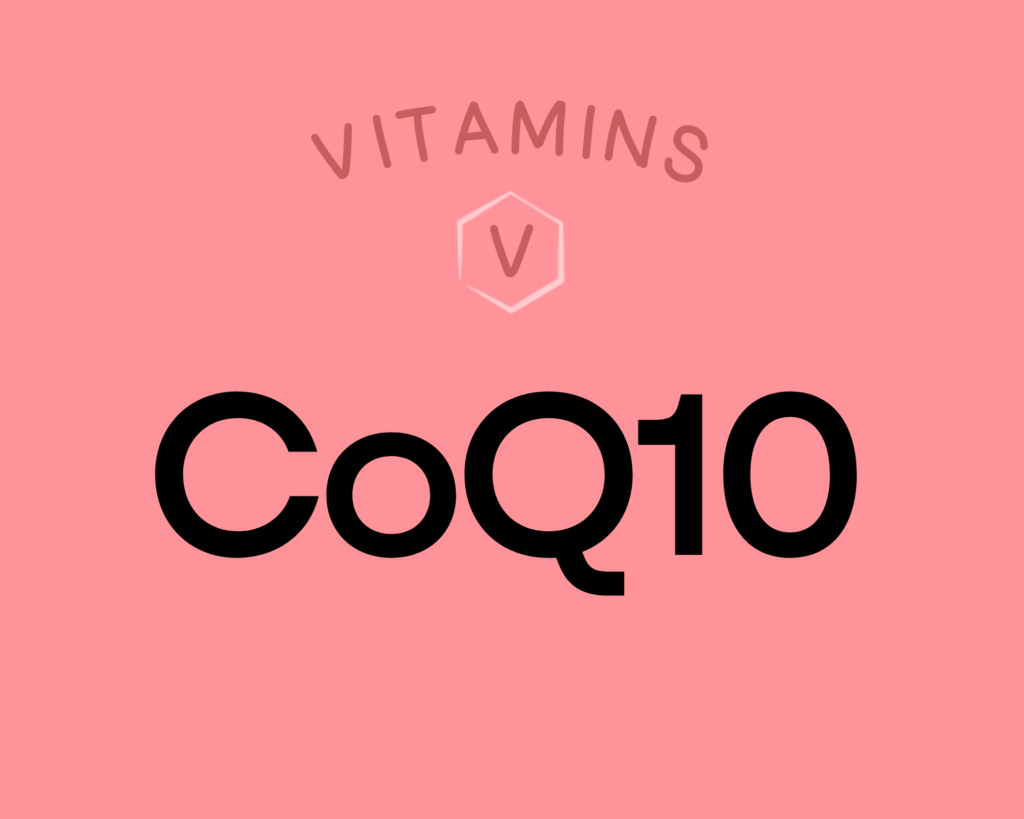
Ubiquinone is the oxidized form and ubiquinol is the reduced, more bioavailable form of the vitaminlike compound coenzyme Q10 (coQ10). CoQ10 is a potent antioxidant and a cofactor in the electron transport chain for the production of ATP. It may be helpful in treating or preventing heart and blood vessel conditions, diabetes, gum disease, muscular dystrophy, chronic fatigue syndrome, and breast cancer. Sources include beef, pork, mackerel, yellowtail fish, and chicken; it’s also found in smaller amounts in vegetables like broccoli and herbs like parsley. Learn more about coQ10 here.
Soybeans Provide 30% DV Selenium
Soybeans are an excellent source of selenium, providing 30% of the daily value per 1/2-cup serving!
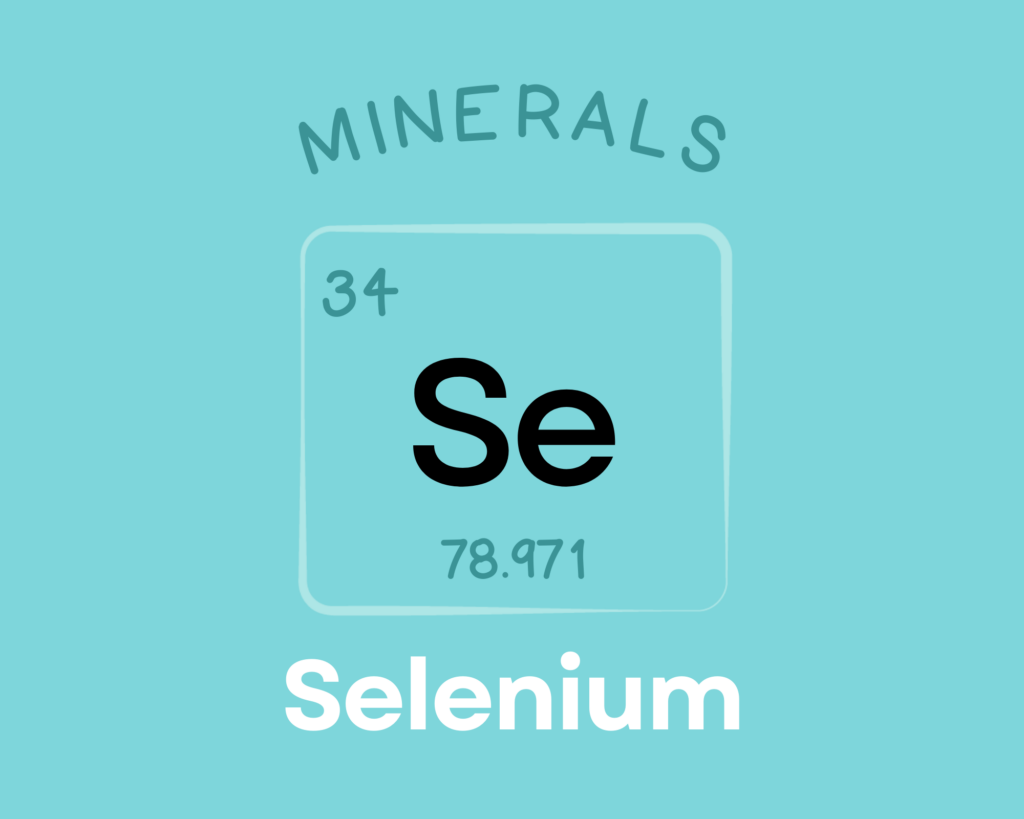
Selenium is a trace mineral needed by all mammals to sustain life. It serves as a component of the non-proteinogenic amino acids selenocysteine and selenomethionine, and also helps form over two dozen selenoproteins involved in reproduction, thyroid hormone metabolism, antioxidant defense, DNA synthesis, and immunity. Observational research suggests selenium could play a protective role against cancer, heart disease, asthma, and inflammatory bowel disease, although human trials have generally been lacking or contradictory. There’s also evidence that selenium can play a preventative role in asthma and inflammatory bowel disease, while also reducing mortality in patients with sepsis. Learn more about selenium here.
Soybeans Provide 21% DV Vitamin B6 (Pyridoxine)
Soybeans are also an excellent source of vitamin B6 (pyridoxine), providing 21% of the daily value per 1/2-cup serving!
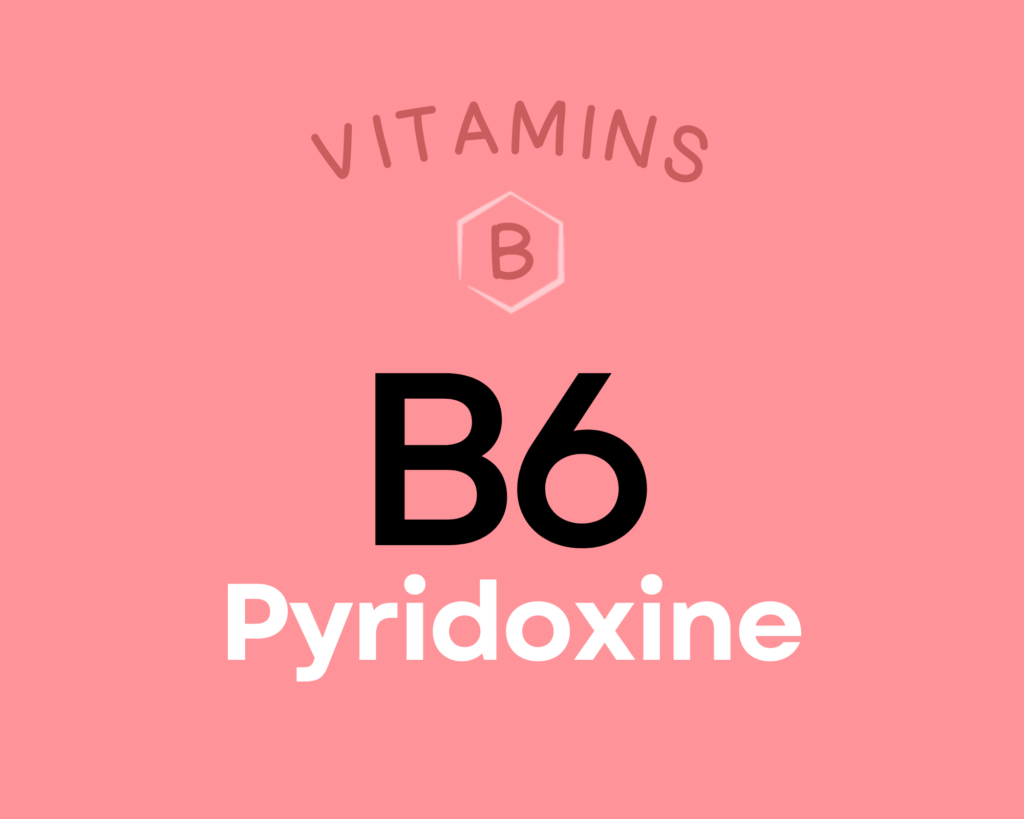
Vitamin B6 (pyridoxine) is a group of six water-soluble compounds with a similar chemical structure, all of which can be converted into their active form of pyridoxal 5’-phospate (PLP). Over 100 different enzymes require vitamin B6 in order to carry out their various functions in protein metabolism, fatty acid metabolism, neurotransmitter production, gluconeogenesis, hemoglobin synthesis, the release of glucose from glycogen, and energy metabolism (particularly the production of ATP in the Krebs cycle). Research suggests vitamin B6 may help protect against cardiovascular disease and certain cancers, could reduce the risk of depression among the elderly, and even reduce symptoms of morning sickness and PMS. Learn more about vitamin B6 here.
Soybeans Provide 20% DV Calcium
Soybeans are an excellent source of calcium, providing 20% of the daily value per 1/2-cup serving!
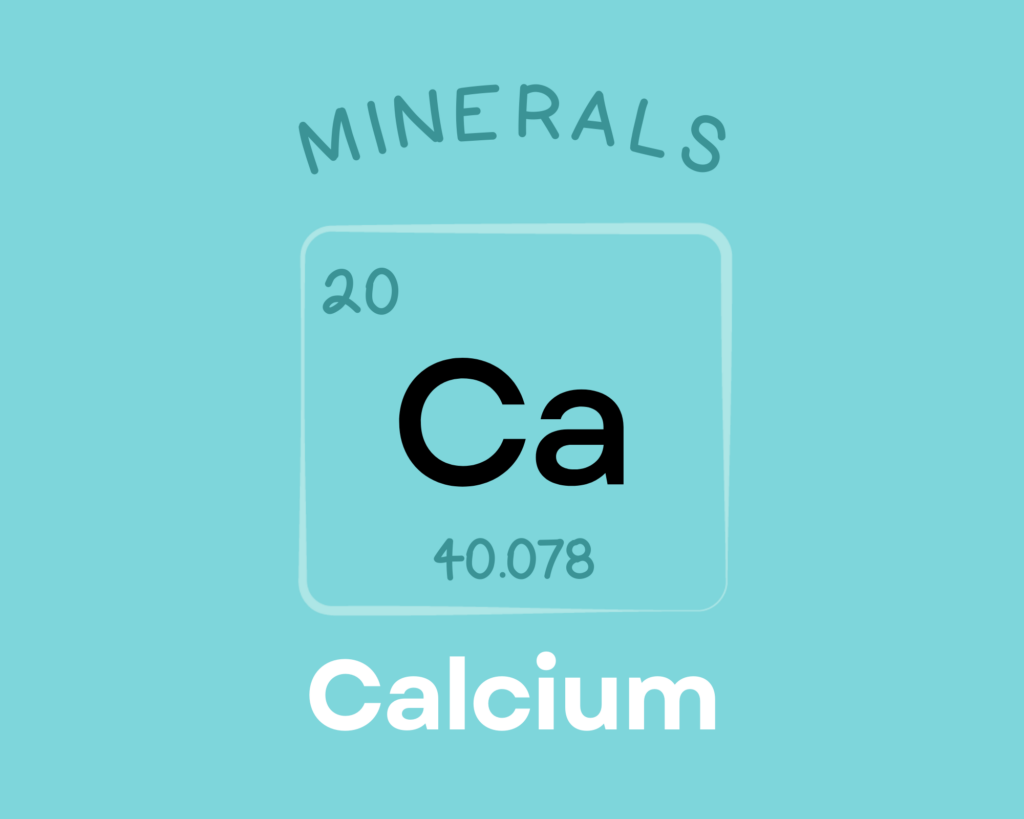
Calcium is a major structural component of bones and teeth, and also serves as an electrolyte—a type of electricity-conducting mineral needed for regulating nerve impulses, muscle contraction (including the heartbeat), blood pH, and fluid balance. Getting enough calcium helps protect against osteoporosis and bone fractures, while also potentially reducing the risk of colorectal cancer, pregnancy-related high blood pressure, and kidney stones. It may even help improve PMS symptoms and assist in body weight regulation! Learn more about calcium here.
Soybeans Provide 20% DV Choline
Soybeans are also an excellent source of choline, providing 20% of the daily value per 1/2-cup serving!
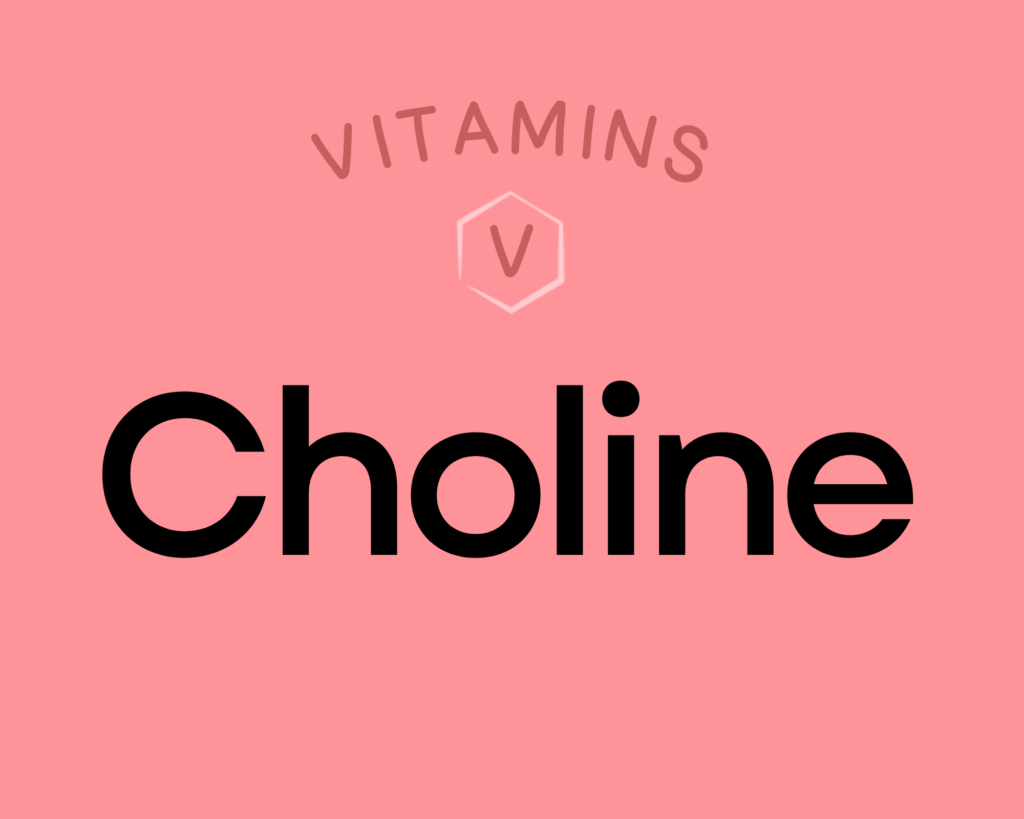
Choline is often grouped together with B-complex vitamins, and sometimes referred to as vitamin B4. It plays an essential role in building cell membranes. Choline also serves as the backbone for a neurotransmitter called acetylcholine, which is involved in heart health, gut motility (the movement of contents through the digestive tract controlled by the coordinated contraction and relaxation of specialized gut muscle tissue), and muscle movement. Adequate intake during pregnancy can help reduce risk of neural tube defects.
Soybeans Provide 20% DV Monounsaturated Fatty Acids (MUFA)
Soybeans are an excellent source of monounsaturated fatty acids (MUFA), providing 20% of the daily value per 1/2-cup serving!
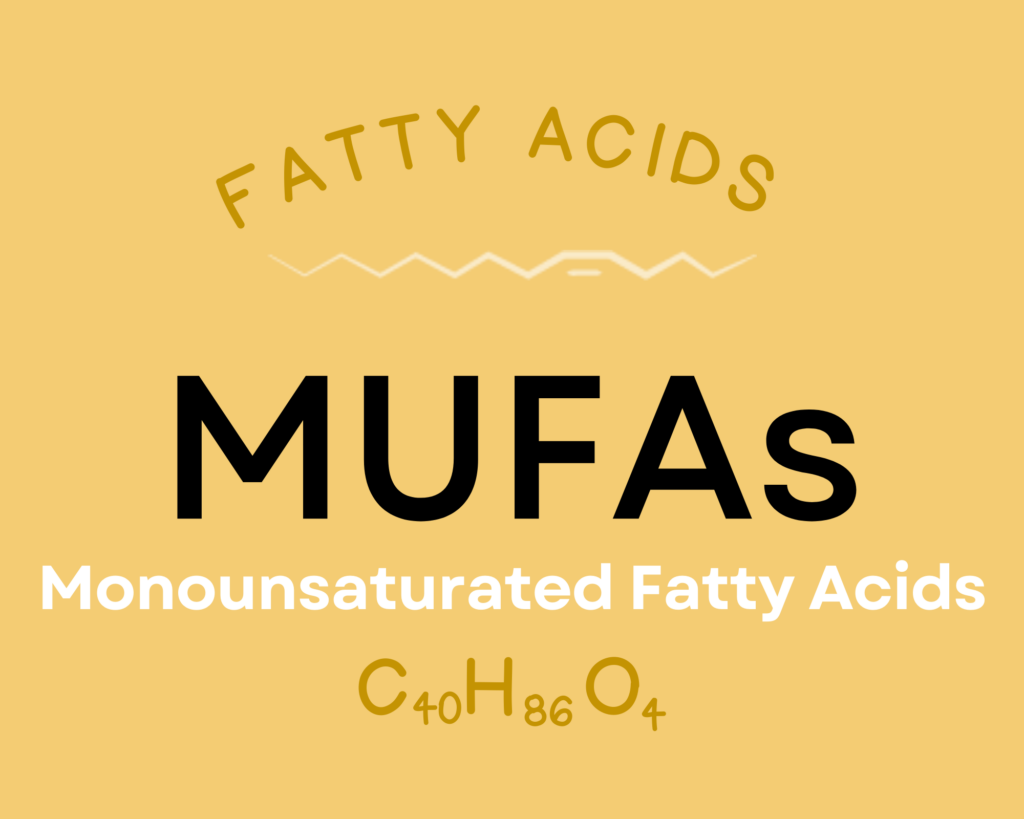
Monounsaturated fatty acids (MUFA), the most abundant of which is oleic acid, play an important role in cellular function due to its presence in phospholipids in cell membranes. Oleic acid is beneficial for cardiovascular health—both in reducing risk factors like high blood pressure, cholesterol, triglycerides, inflammation, and oxidative stress, and in reducing actual cardiovascular disease incidence and events. Oleic acid has even demonstrated anti-cancer activity, with an ability to inhibit the progression, proliferation, and metastasis of several types of cancer cells. Research shows this fat could benefit body weight regulation and obesity through its effects on energy metabolism and lipogenesis. In fact, human trials show that enriching diets with oleic acid leads to decreases in central obesity, abdominal fat, body weight, and food intake, while also possibly increasing energy expenditure! Oleic acid also possesses some benefits for diabetics—influencing genes and pathways involved in insulin signaling and glucose metabolism, as well as helping protect against some complications of diabetes, like diabetic retinopathy and atherosclerosis. Learn more about oleic acid here.
Want to know the top 500 most nutrient-dense foods?
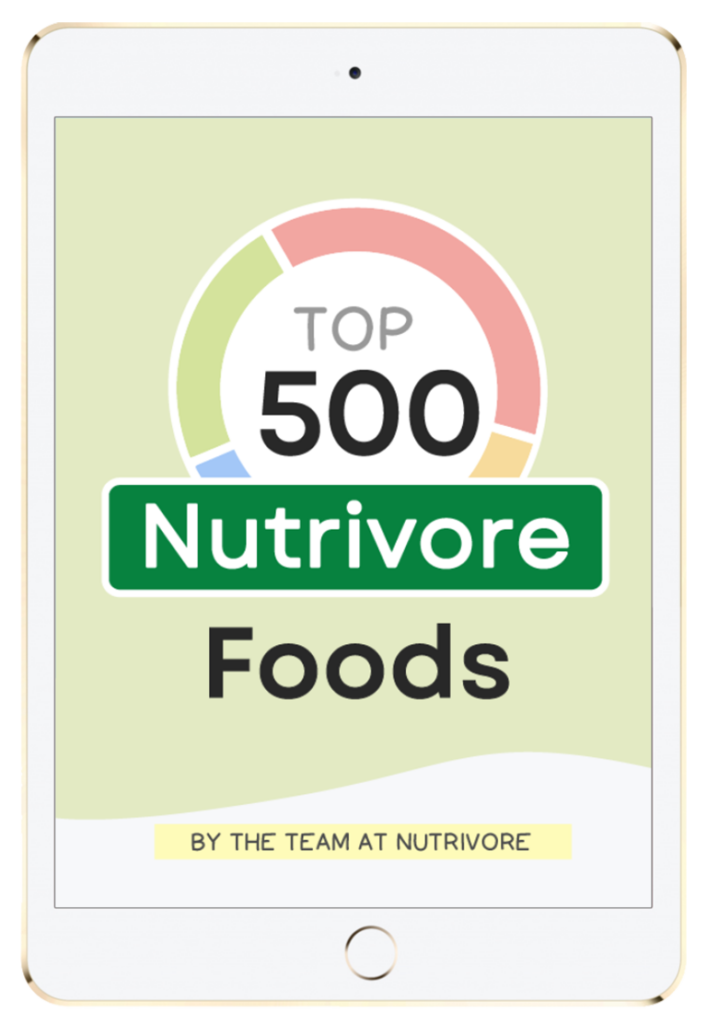
Top 500 Nutrivore Foods
The Top 500 Nutrivore Foods e-book is an amazing reference deck of the top 500 most nutrient-dense foods according to their Nutrivore Score. Think of it as the go-to resource for a super-nerd, to learn more and better understand which foods stand out, and why!
If you are looking for a quick-reference guide to help enhance your diet with nutrients, and dive into the details of your favorite foods, this book is your one-stop-shop!
Buy now for instant digital access.
How Much Soybeans Should We Eat Per Day?
On average, legumes are the most nutrient-dense starchy plant foods we can choose to eat, thanks to their high fiber content and phytonutrients, all of which result in diverse health benefits!
In epidemiological studies, consumption of legumes is frequently associated with better health and greater longevity. This is attributable to their amazing nutrient-density (especially fiber, vitamins and minerals) and the fact that they’re particularly great for increasing growth of probiotic bacteria in our guts. Across studies, beans have demonstrated a great number of health benefits, likely due to their combination of fiber and phytonutrients. A high consumption of beans is associated with reduced waist size, lower risk of obesity, and lower systolic blood pressure.
A large 2017 meta-analysis showed that all-cause mortality (a general indicator of health and longevity) decreased by 16% with increasing intake of legumes up to 150 grams (3 servings) per day. And, in a 2021 study, eating 3+ servings of legumes per week reduces all-cause mortality by 17% compared to 2 servings per month. Learn more about legumes here.
Easily track your servings of Nutrivore Foundational Foods!
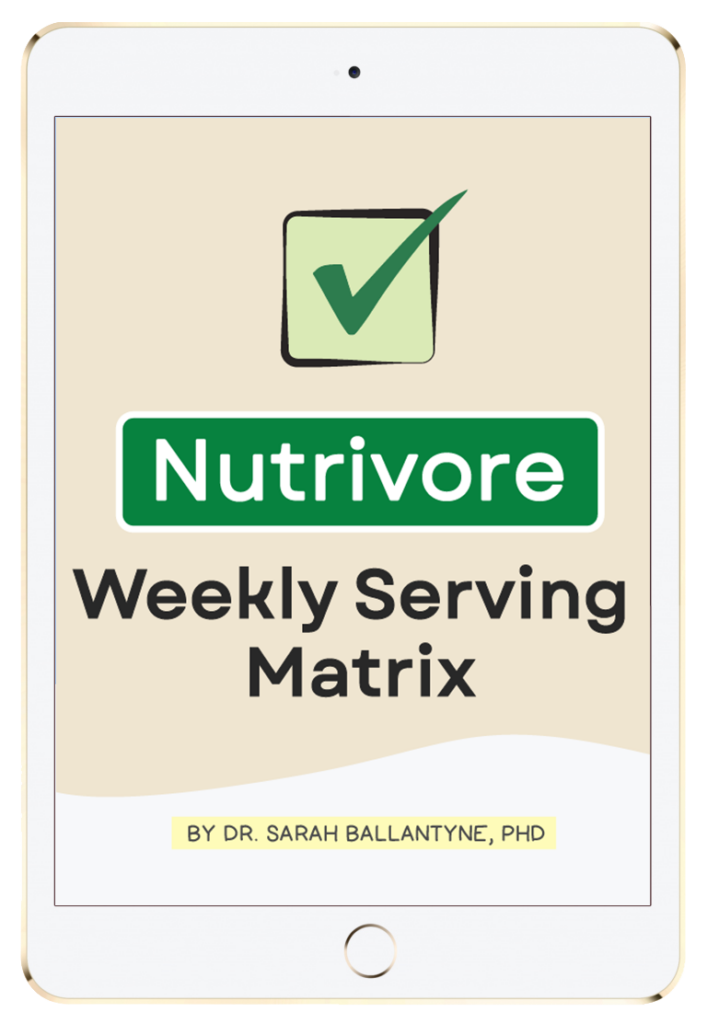
The Nutrivore Weekly Serving Matrix
The Nutrivore Weekly Serving Matrix digital resource is an easy-to-use and flexible weekly checklist designed to help you maximize nutrient-density and meet serving suggestions of Nutrivore foundational foods, all without having to weigh or measure your foods!
Includes a 22-page instructional guide and downloadable interactive guides.
Buy now for instant digital access.
cITATIONS
Expand to see all scientific references for this article.
Clements RS Jr, Darnell B. Myo-inositol content of common foods: development of a high-myo-inositol diet. Am J Clin Nutr. 1980 Sep;33(9):1954-67. doi: 10.1093/ajcn/33.9.1954. PMID: 7416064.
Fineli Finnish Food Composition Database: Soybeans, dried
Pravst I, Zmitek K, Zmitek J. Coenzyme Q10 contents in foods and fortification strategies. Crit Rev Food Sci Nutr. 2010 Apr;50(4):269-80. doi: 10.1080/10408390902773037. PMID: 20301015.
Sakthivelu G, Akitha Devi MK, Giridhar P, Rajasekaran T, Ravishankar GA, Nikolova MT, Angelov GB, Todorova RM, Kosturkova GP. Isoflavone composition, phenol content, and antioxidant activity of soybean seeds from India and Bulgaria. J Agric Food Chem. 2008 Mar 26;56(6):2090-5. doi: 10.1021/jf072939a. Epub 2008 Feb 27. PMID: 18303813.
USDA Food Central Database: Soybeans, mature seeds, raw
Watanabe T, Kioka M, Fukushima A, Morimoto M, Sawamura H. Biotin content table of select foods and biotin intake in Japanese. Int J Anal Bio-Sci. 2014. Vol 2(4):109-125.


